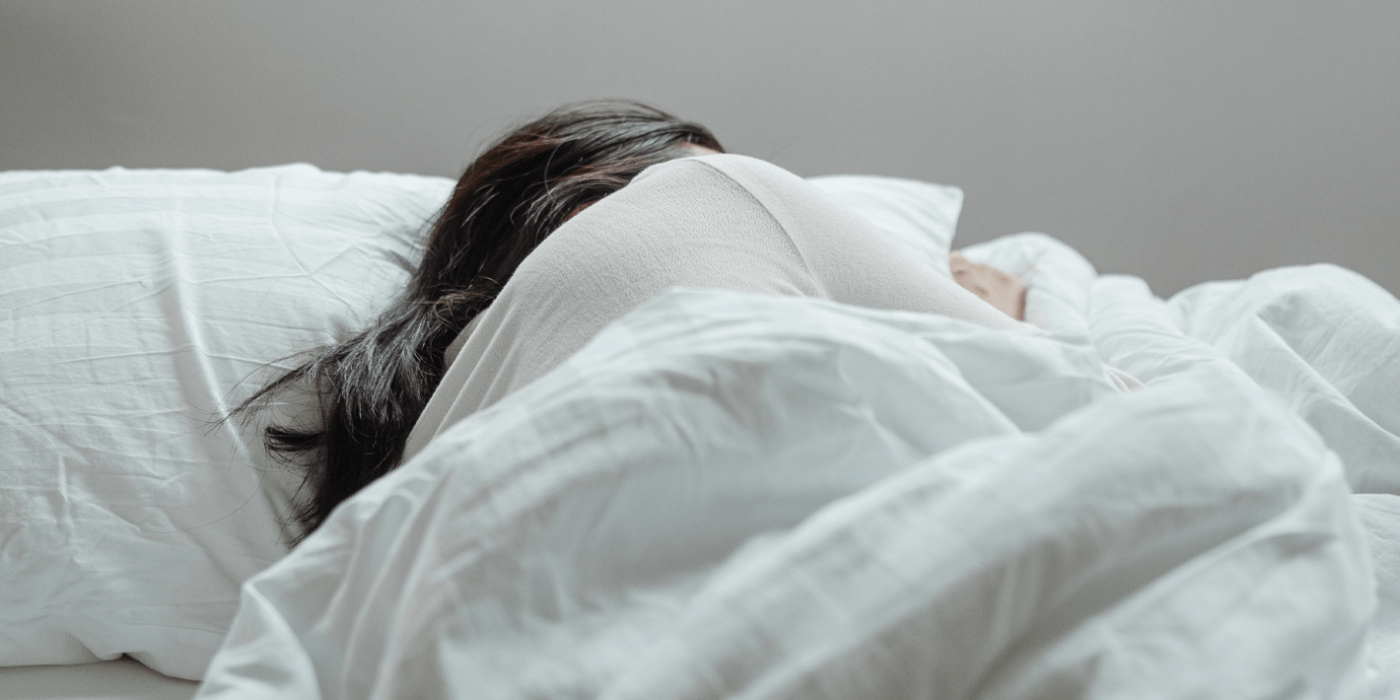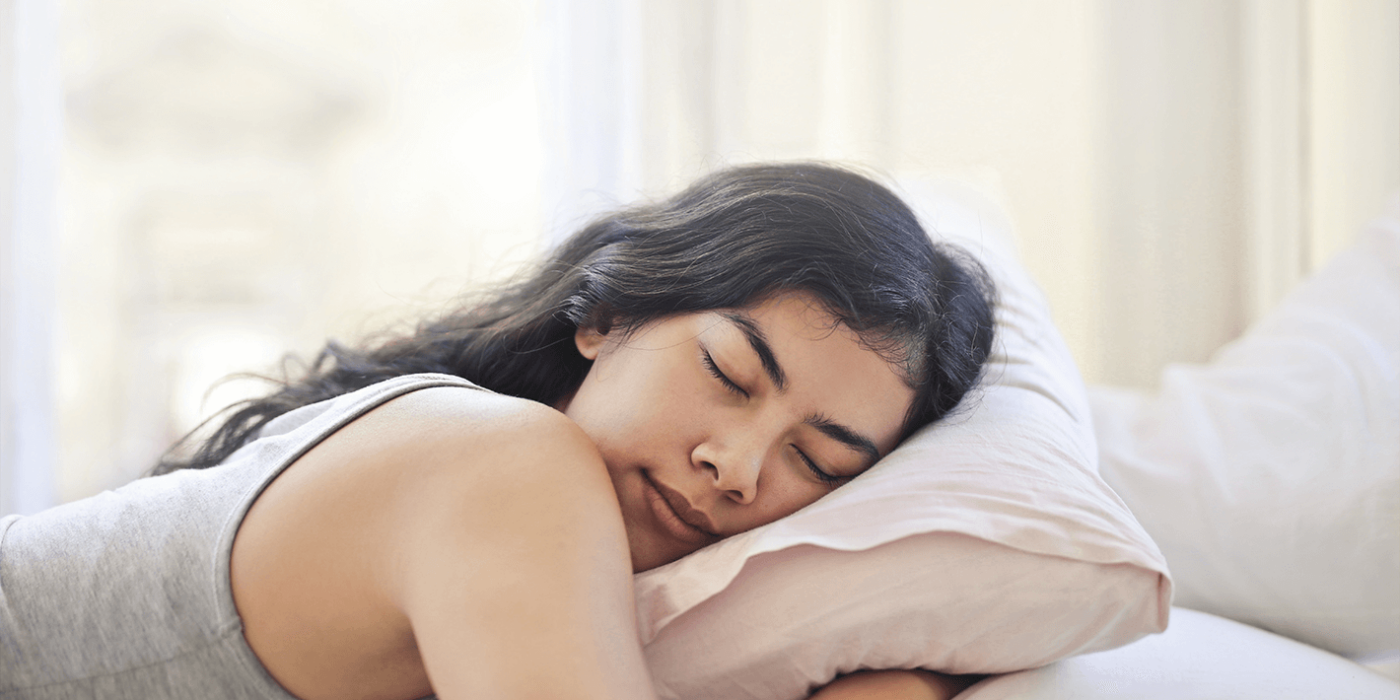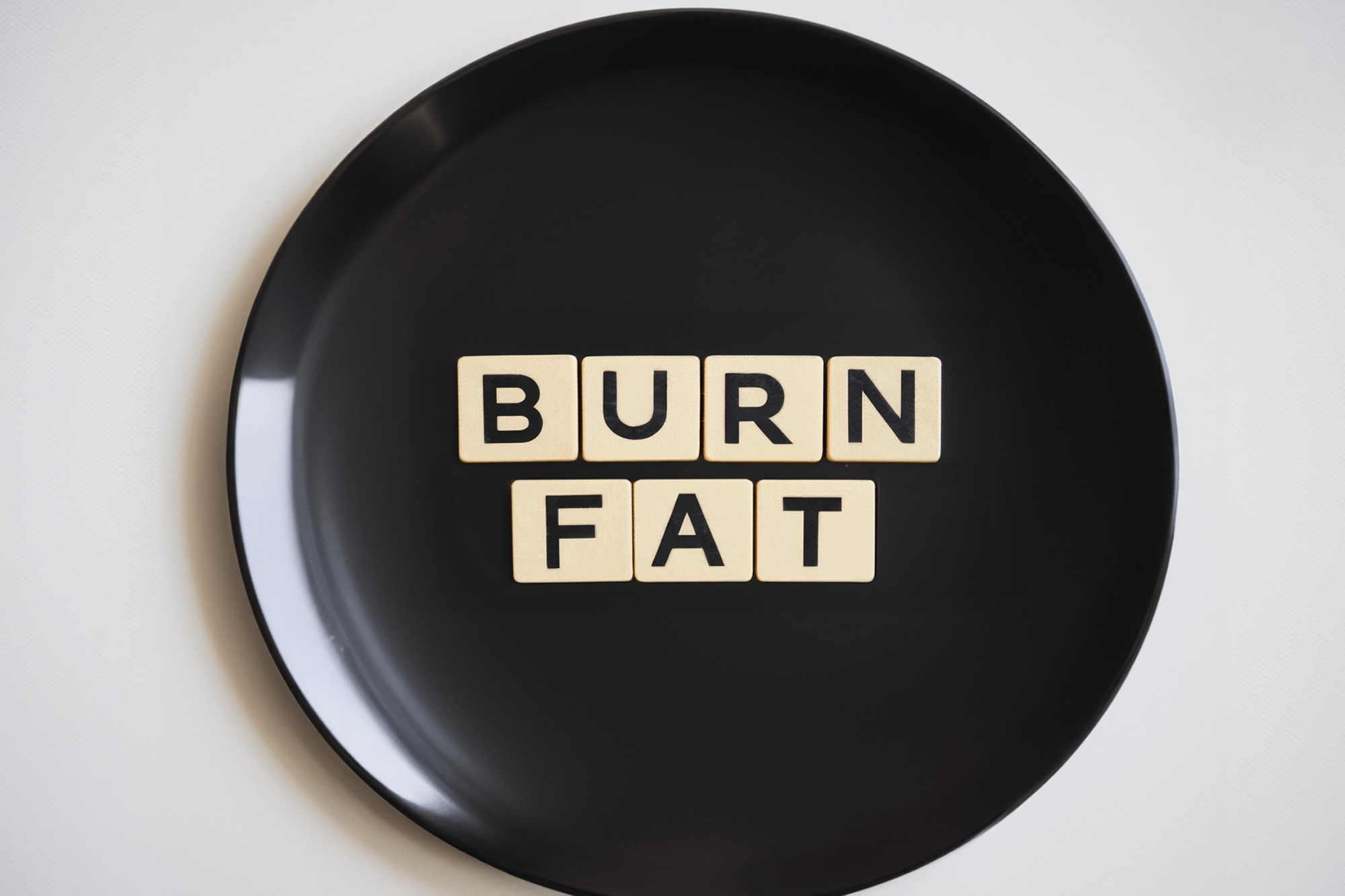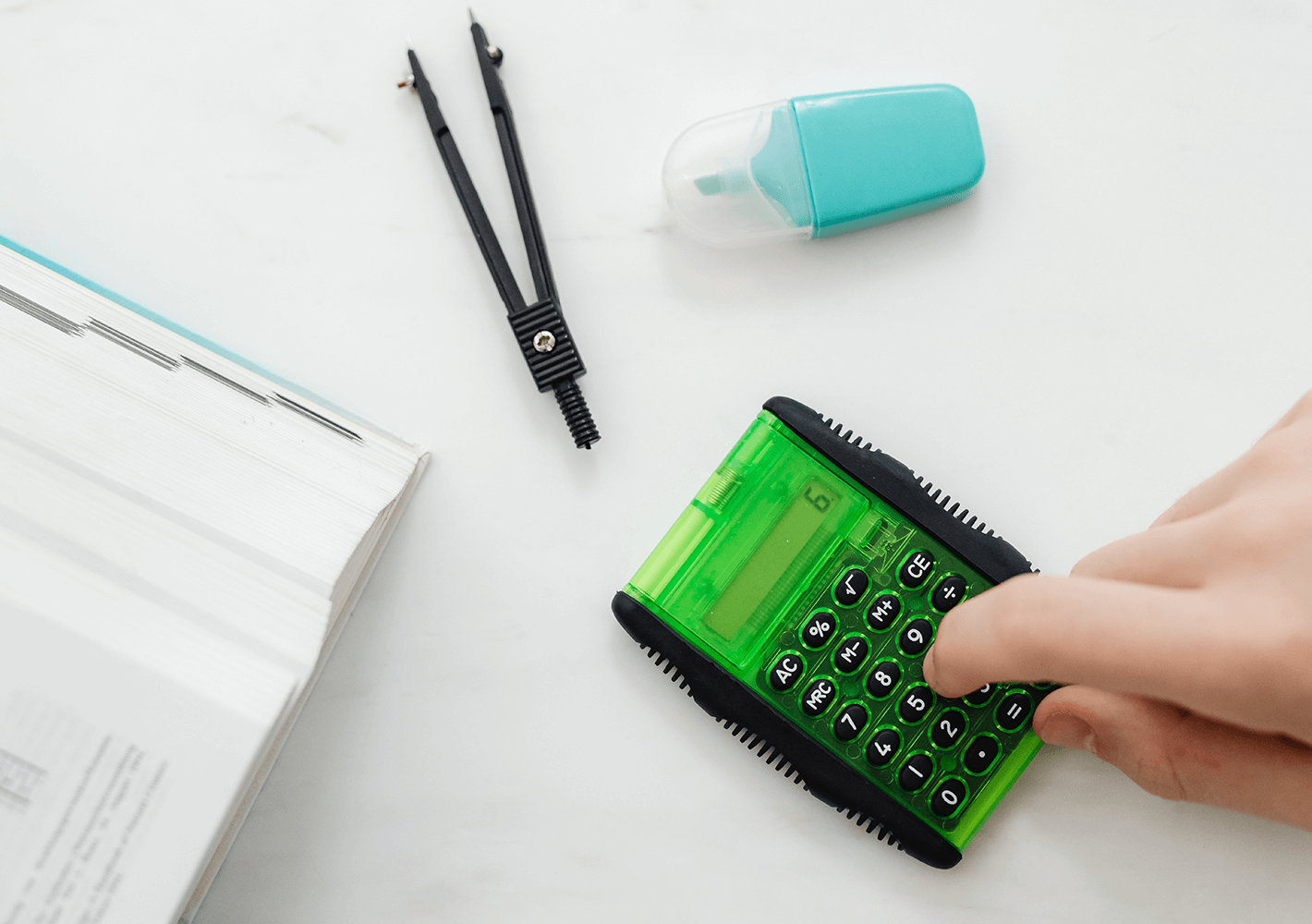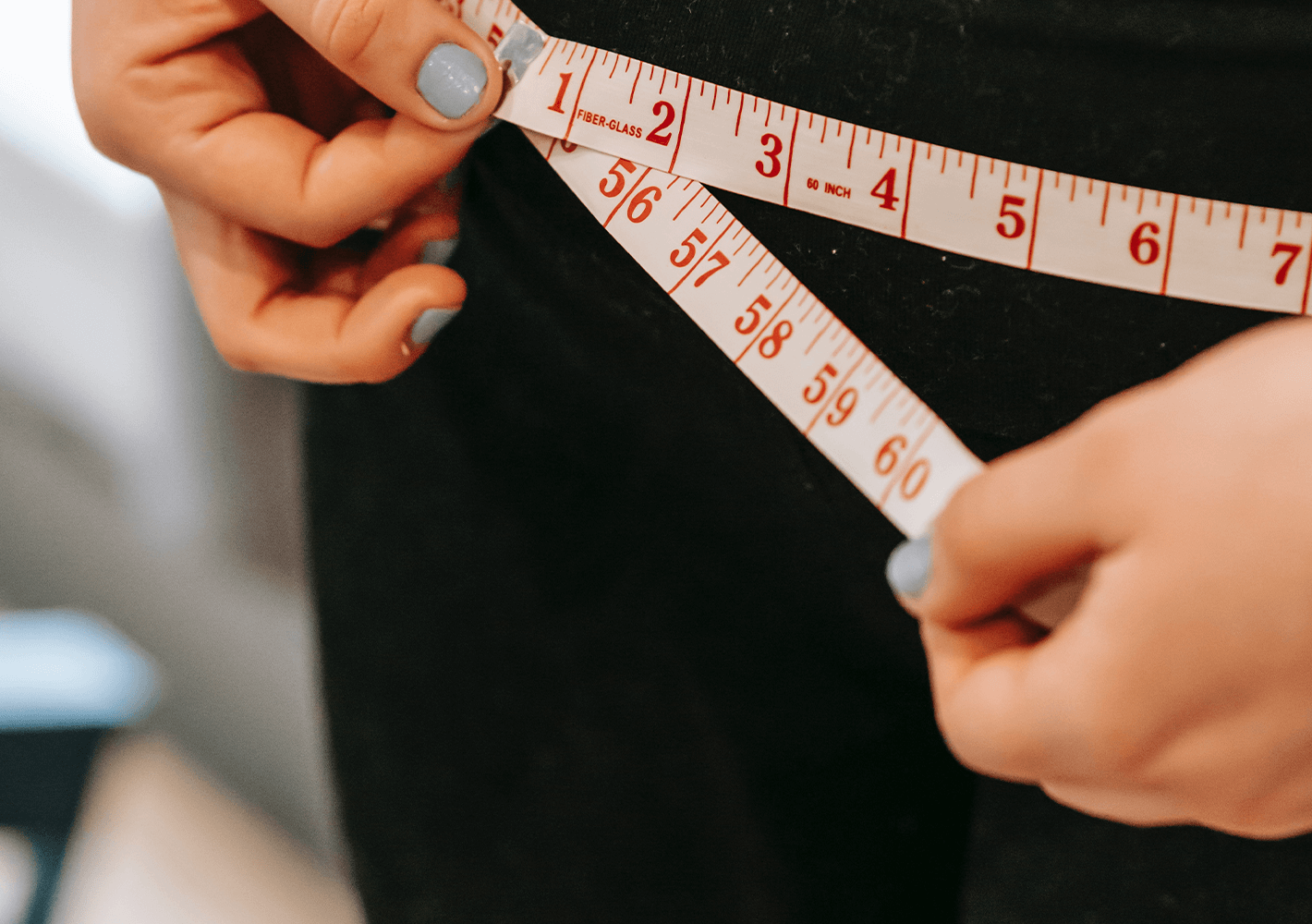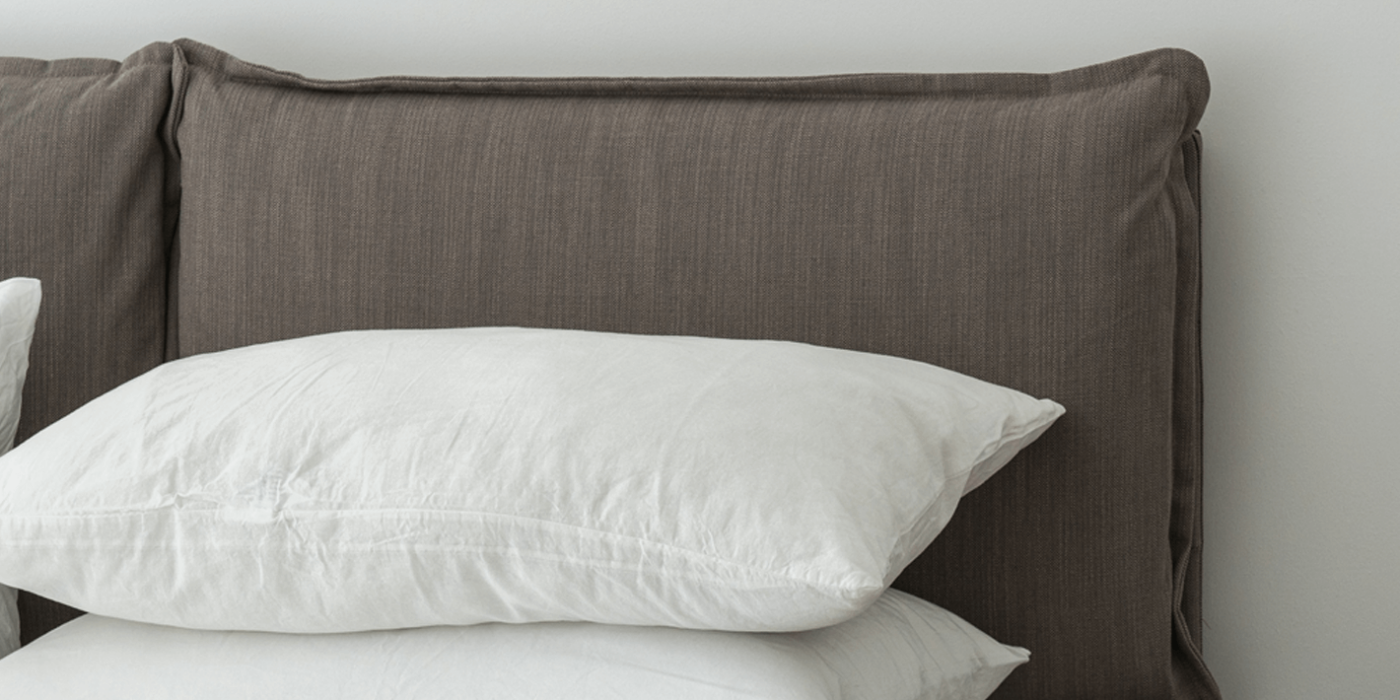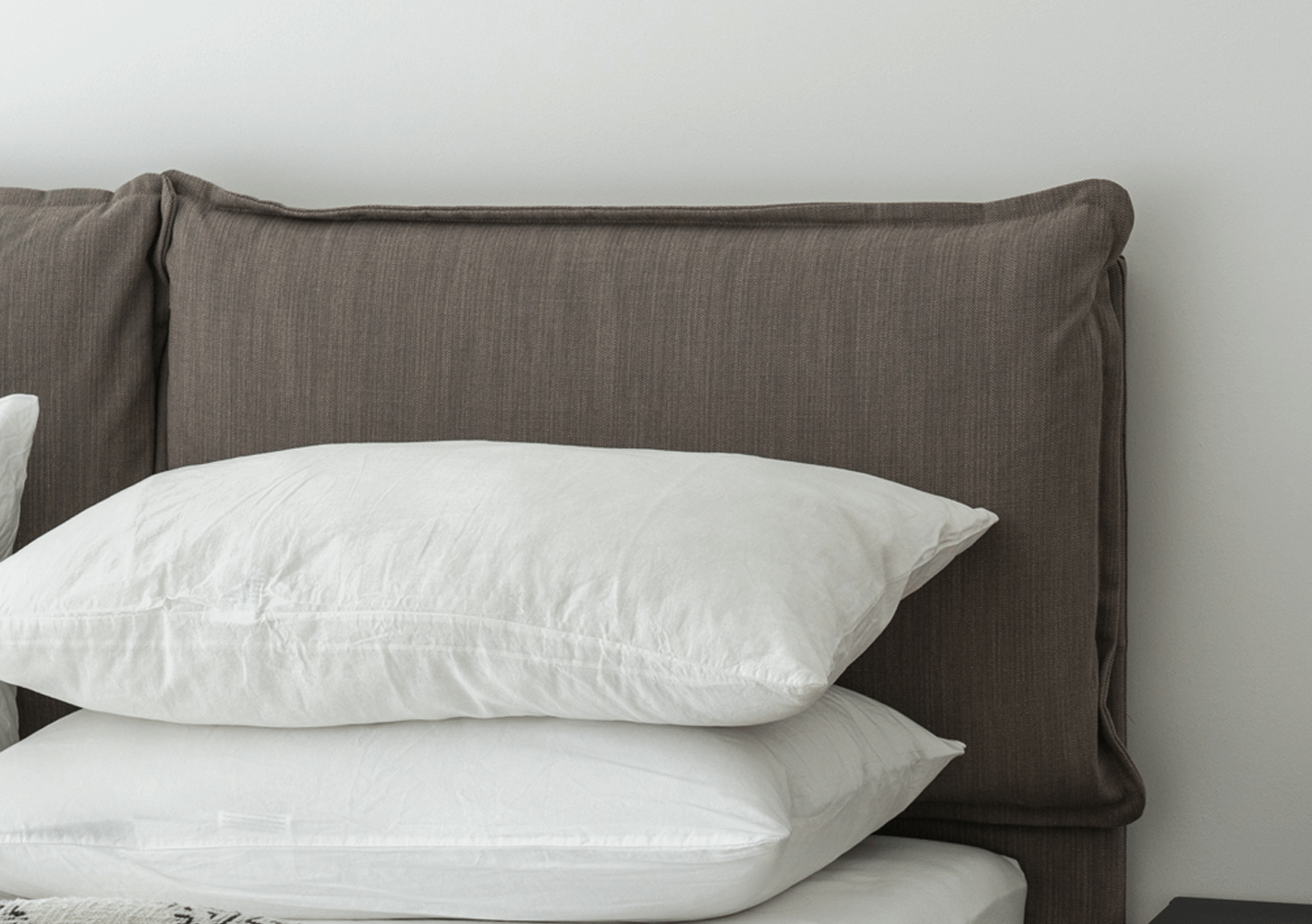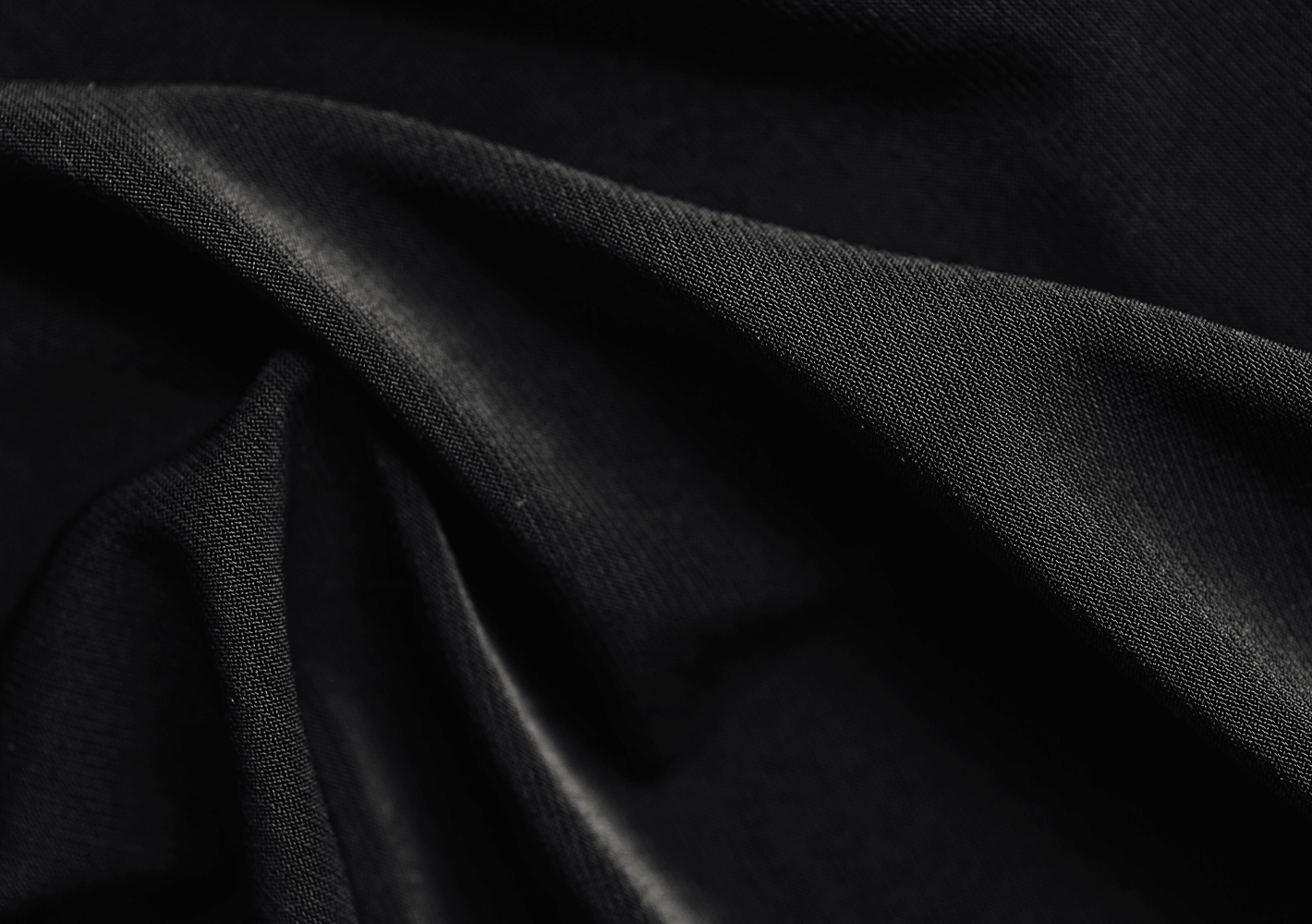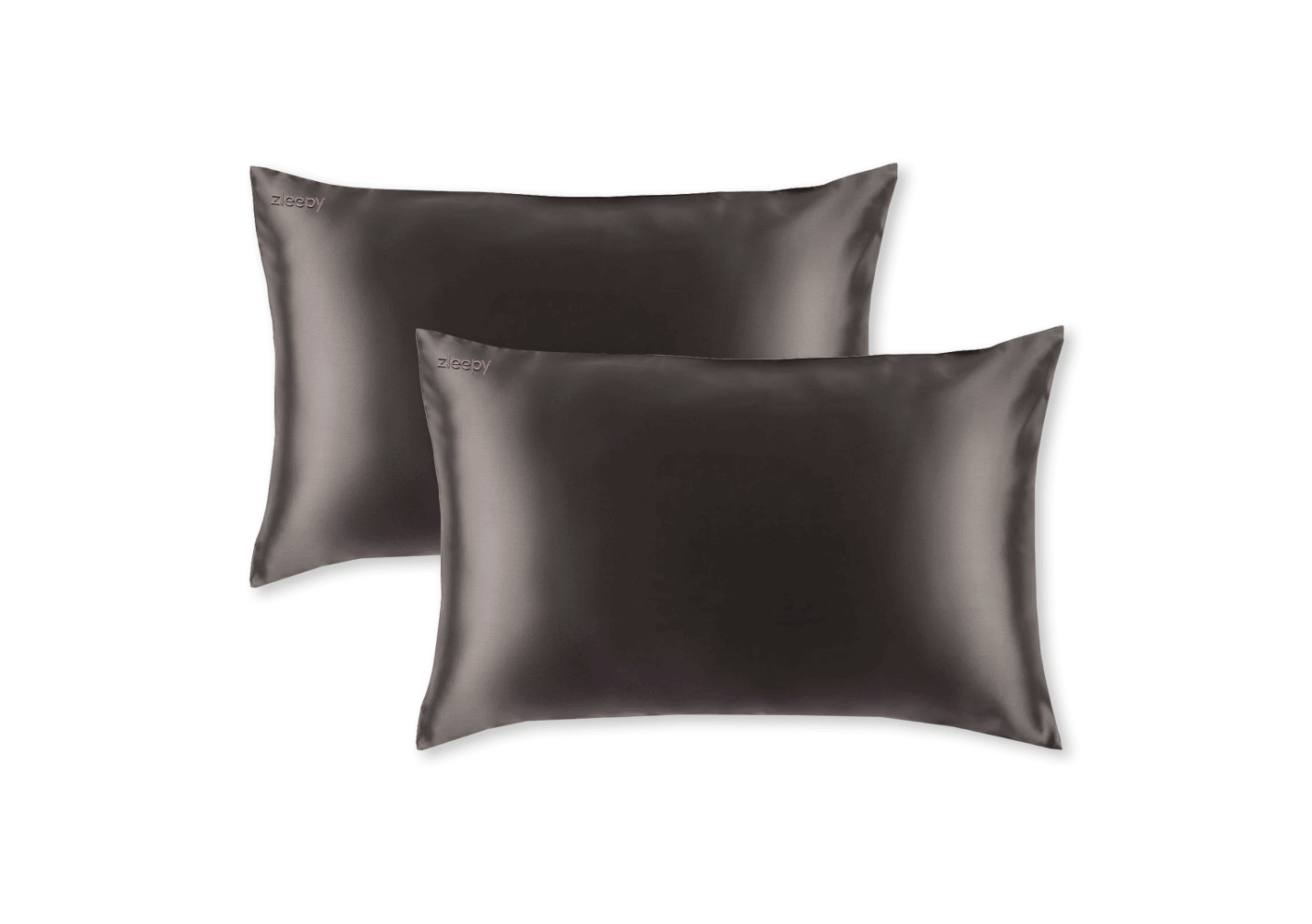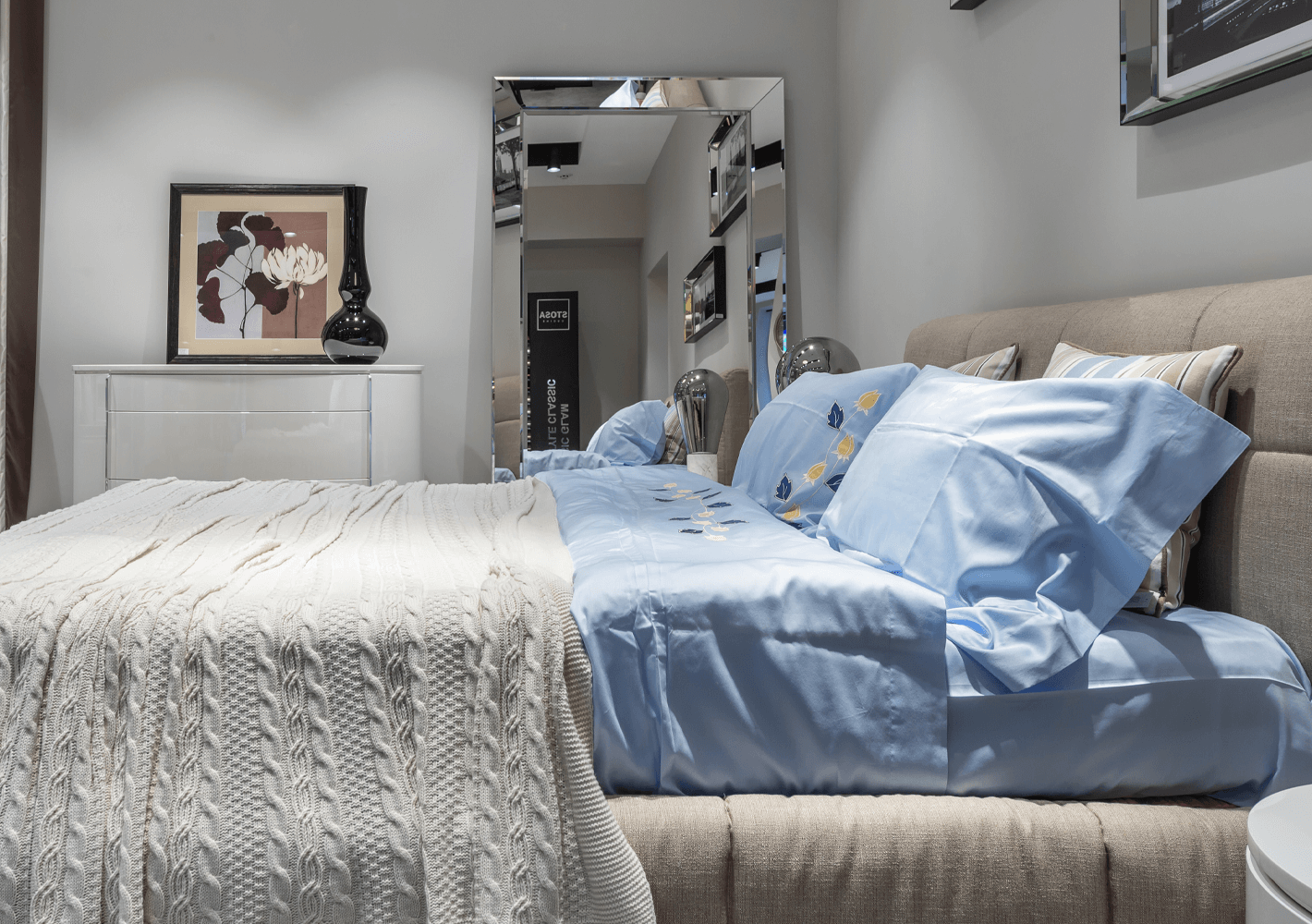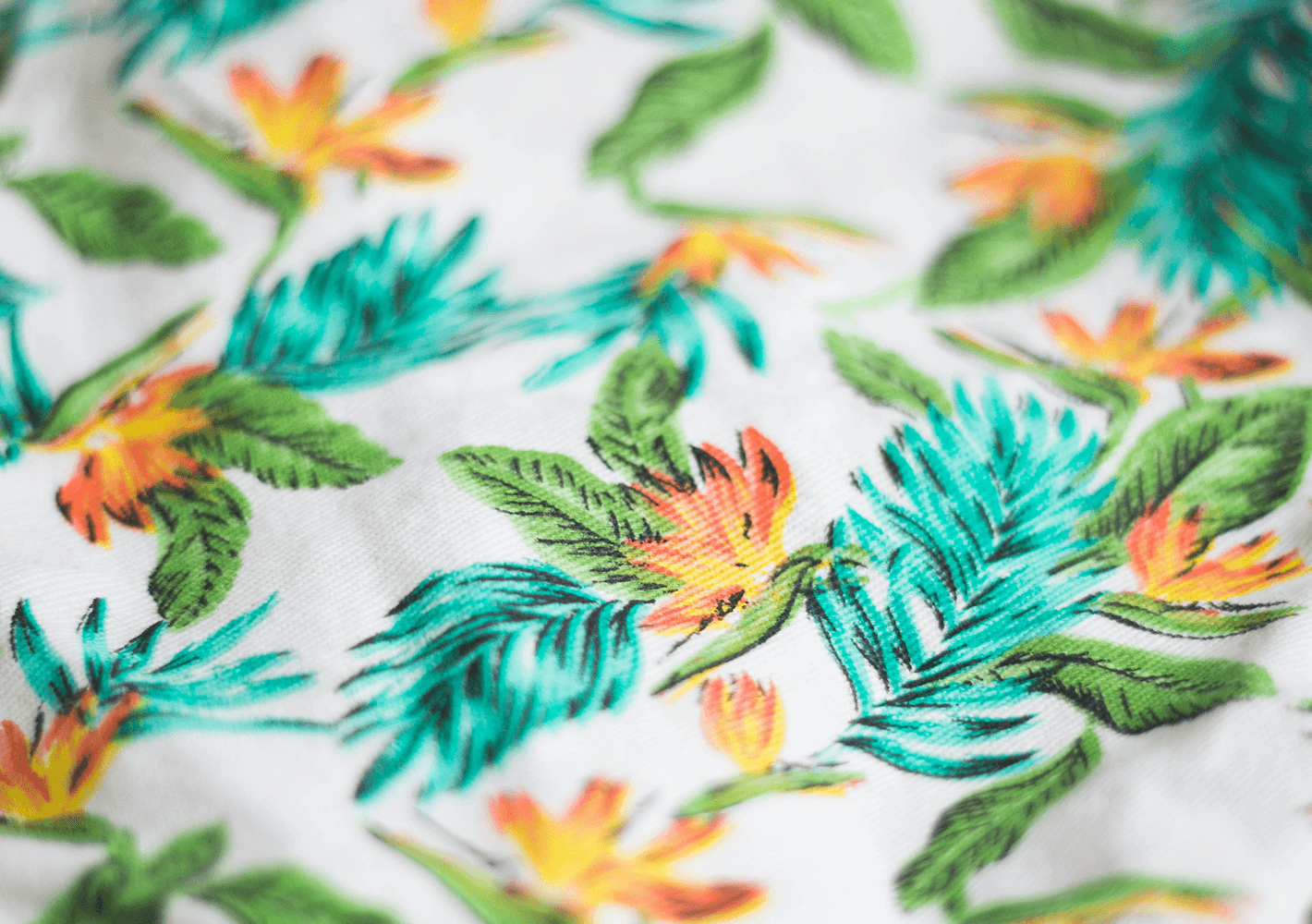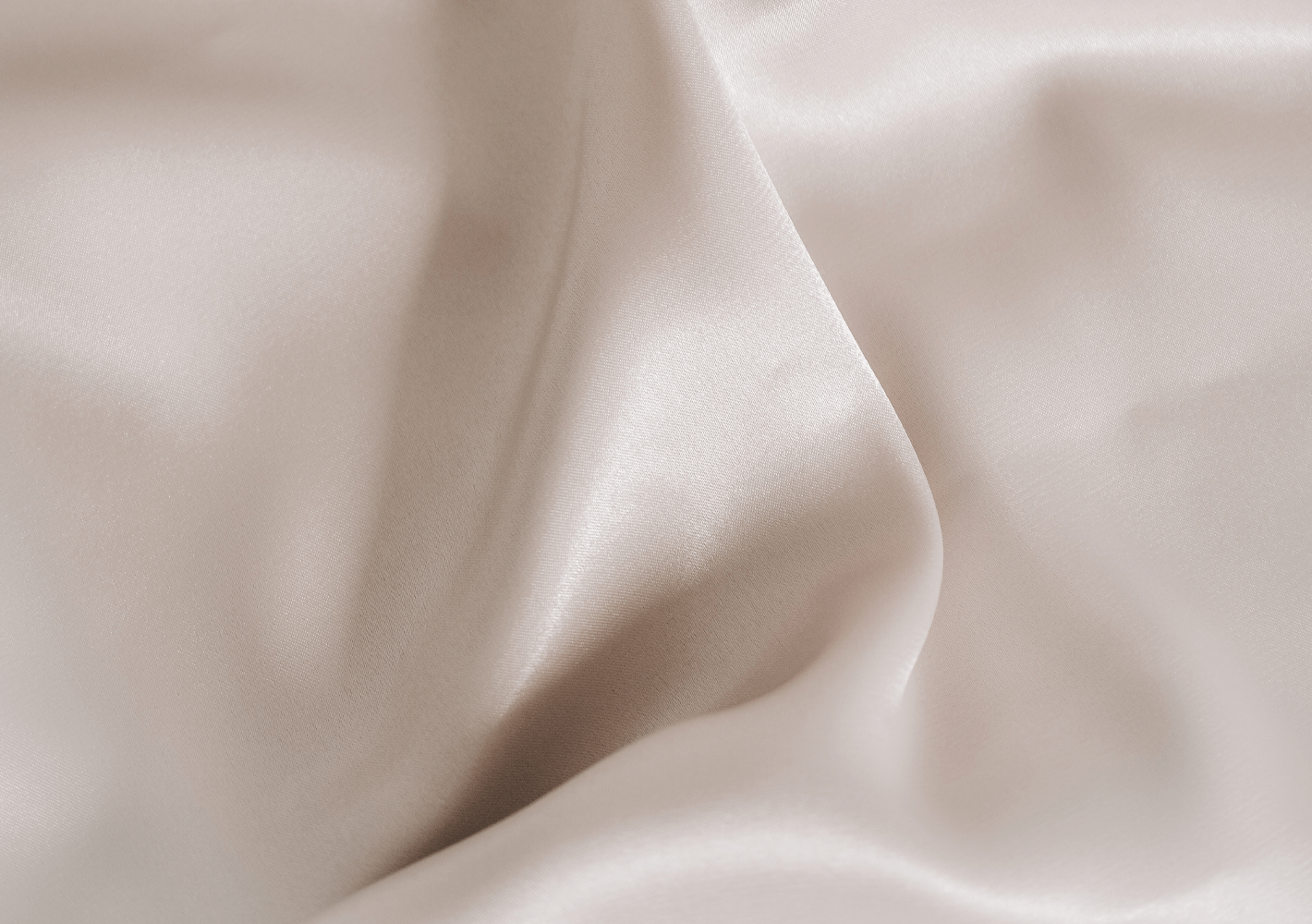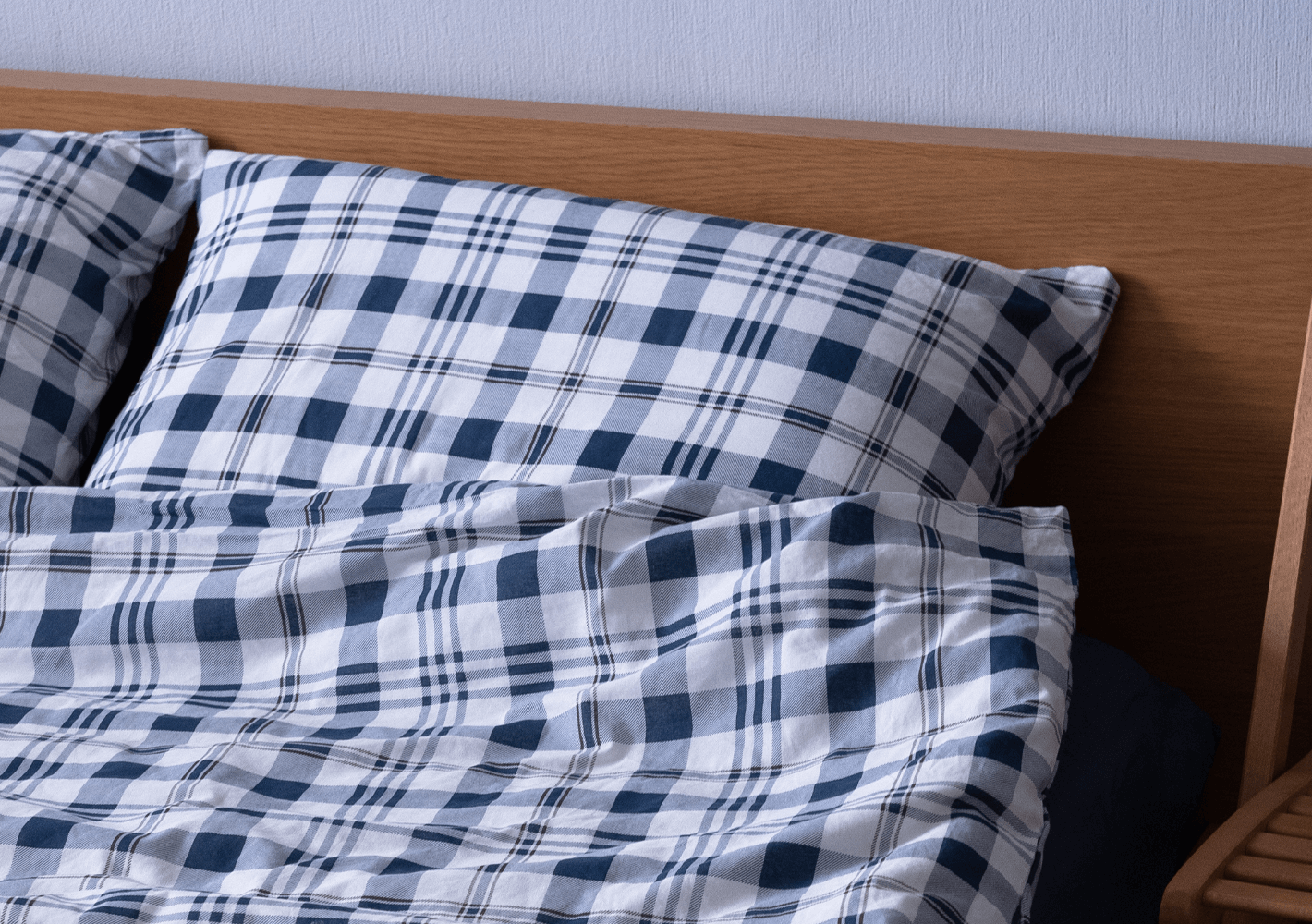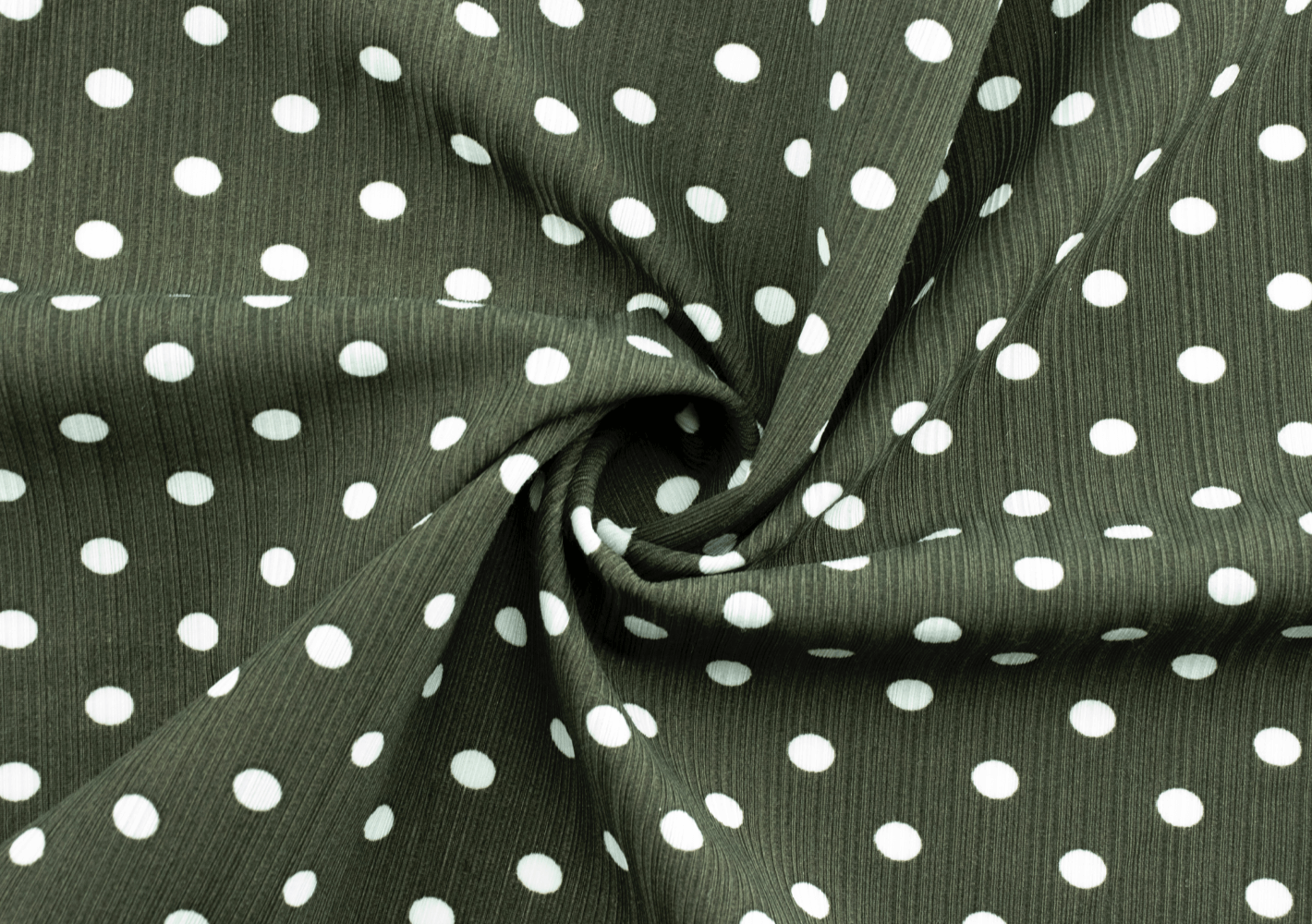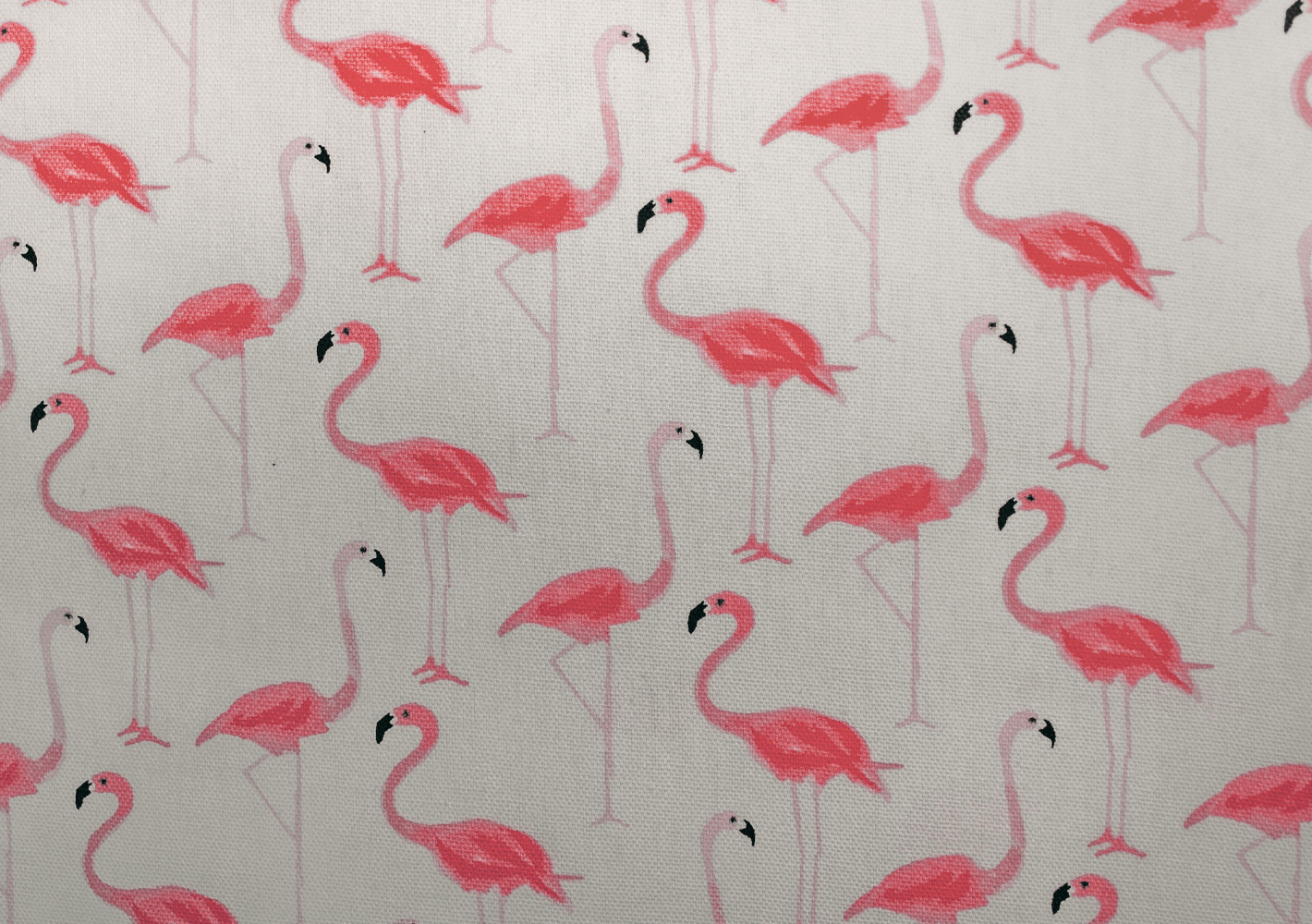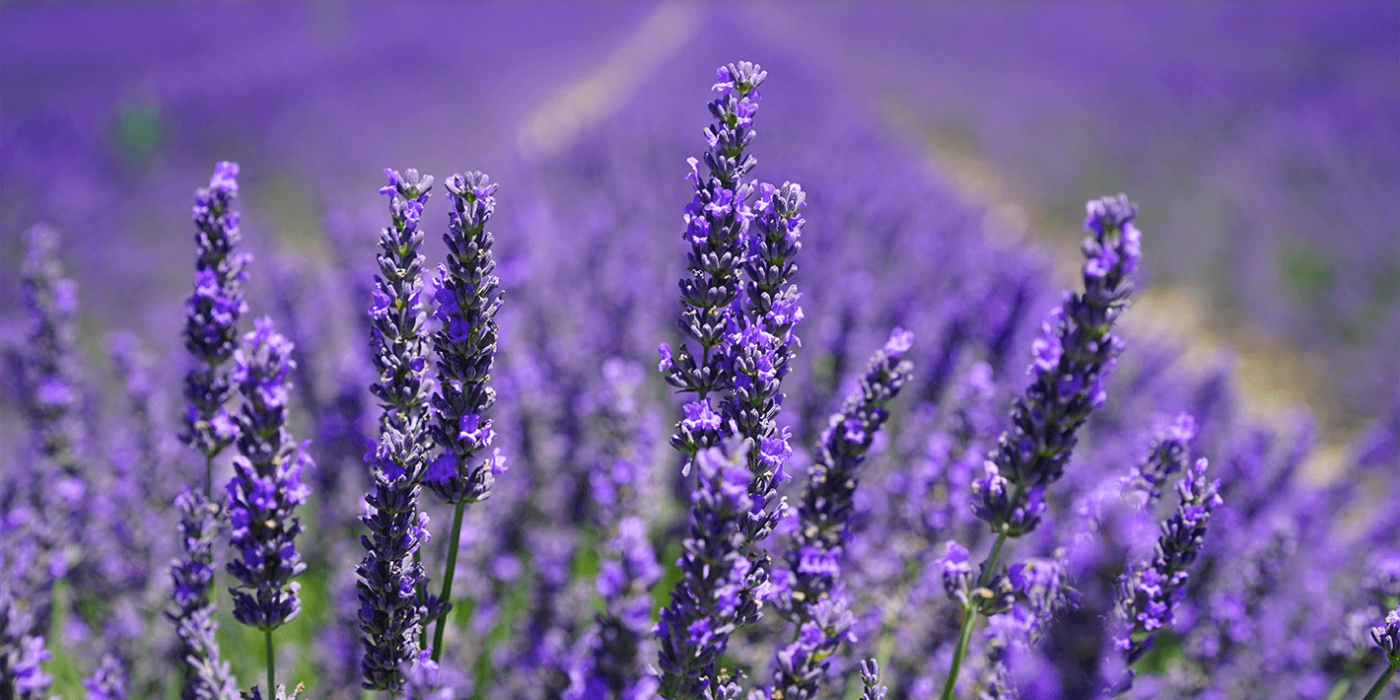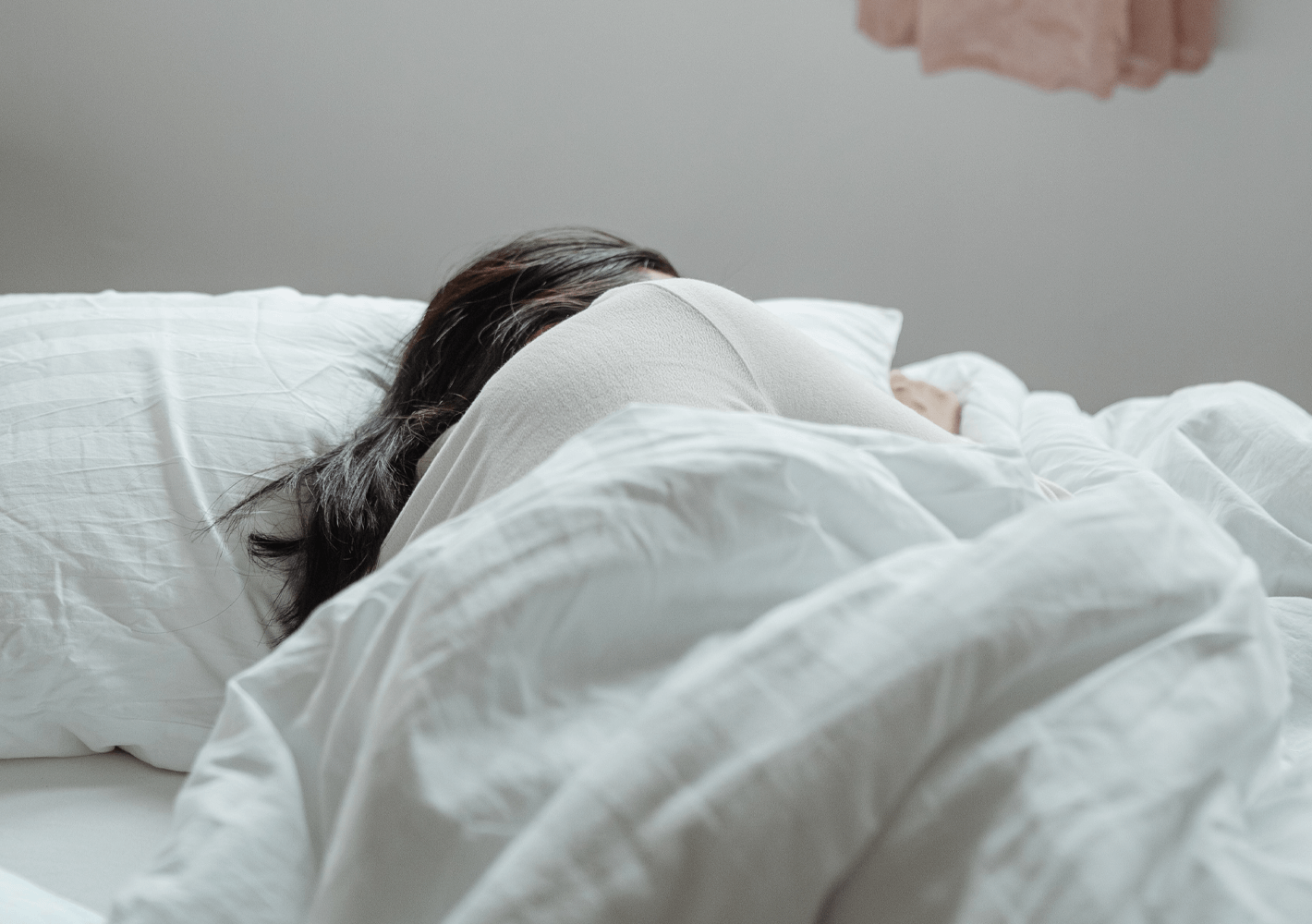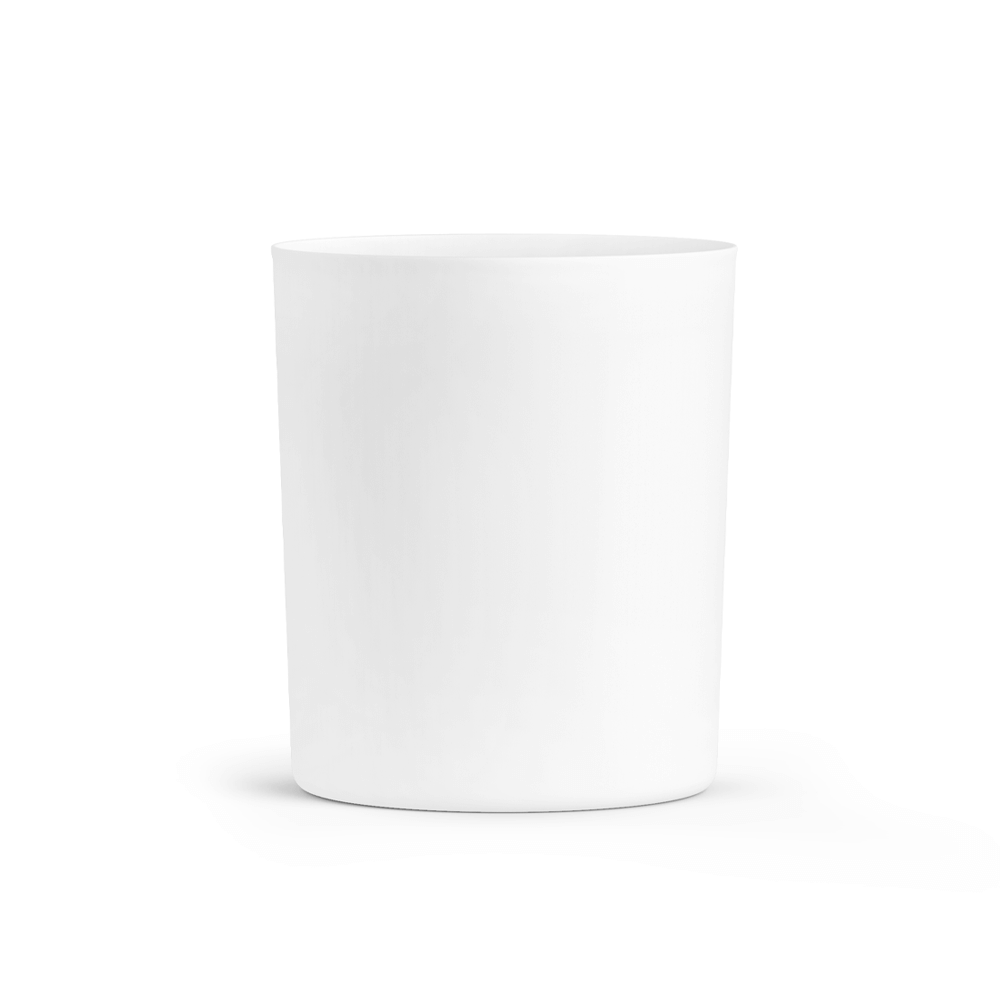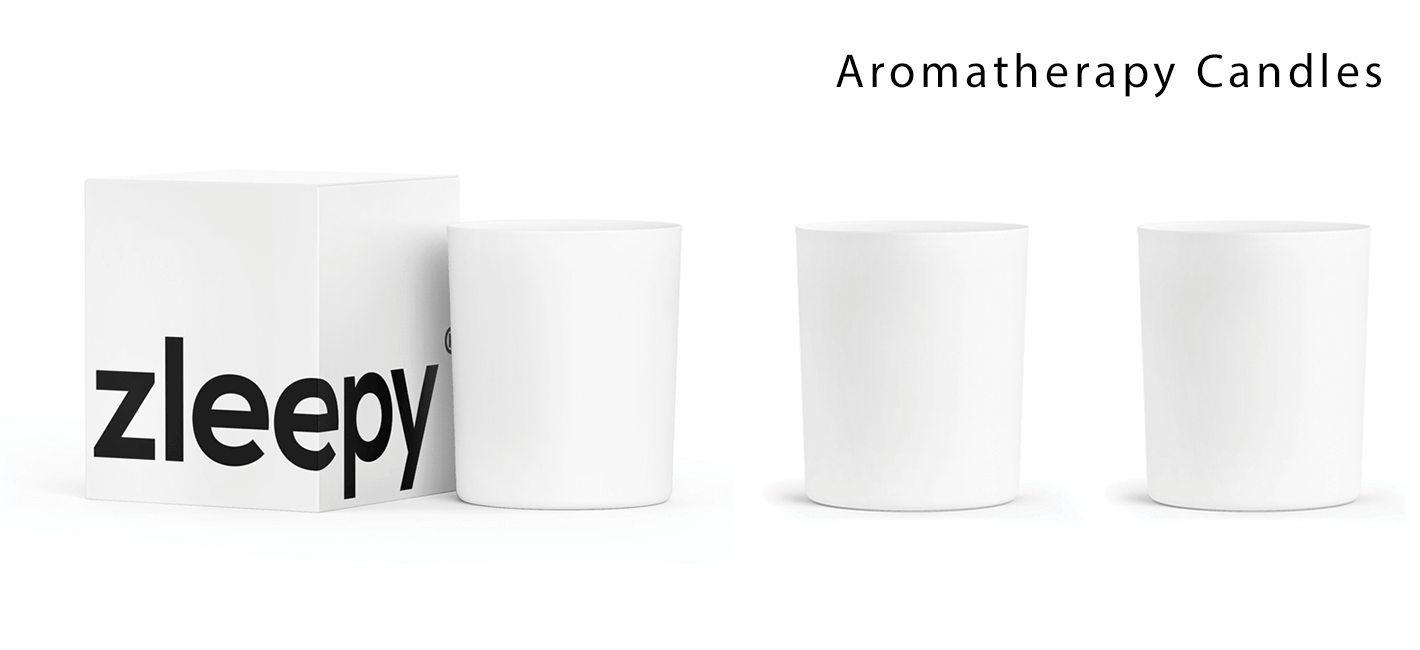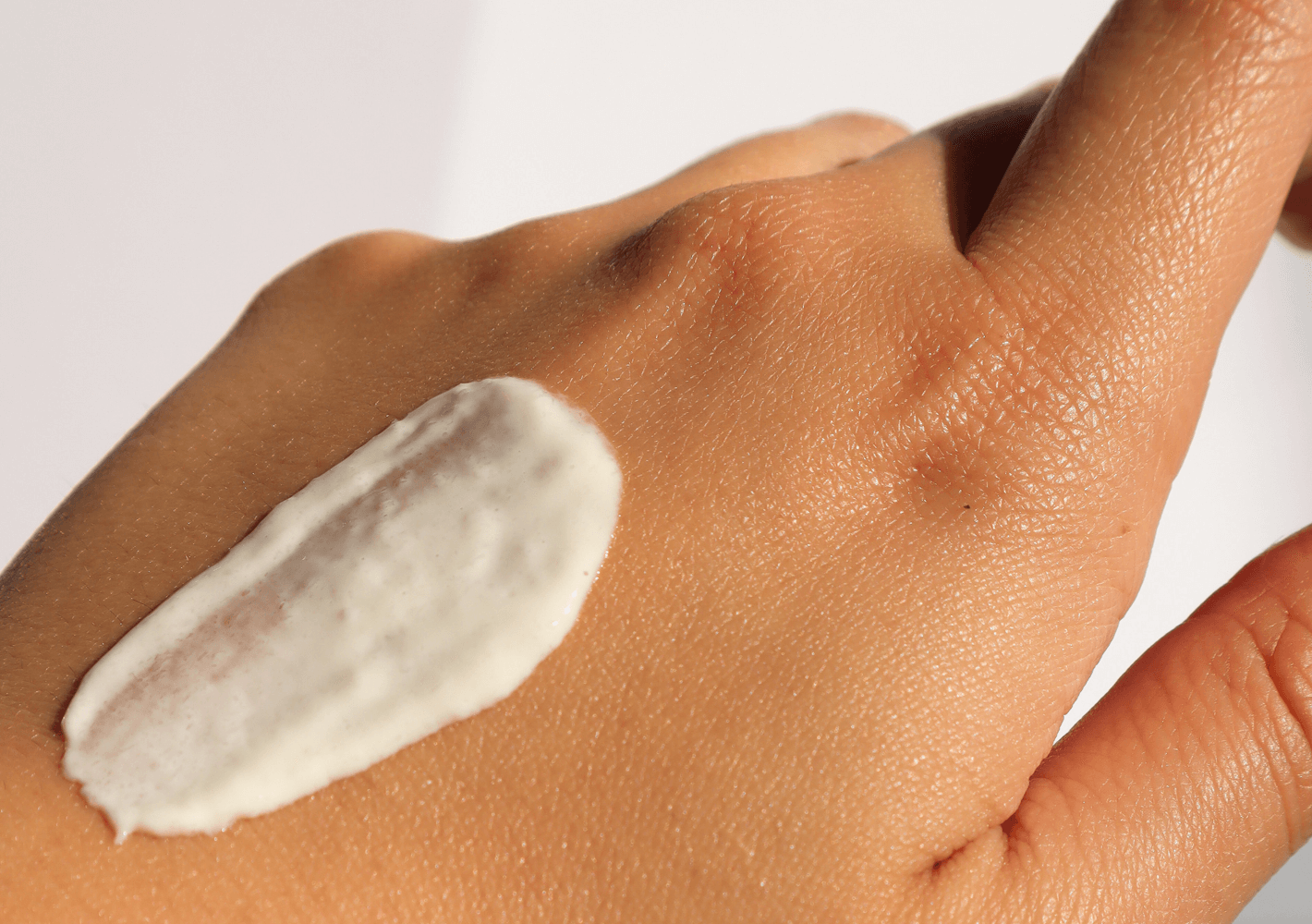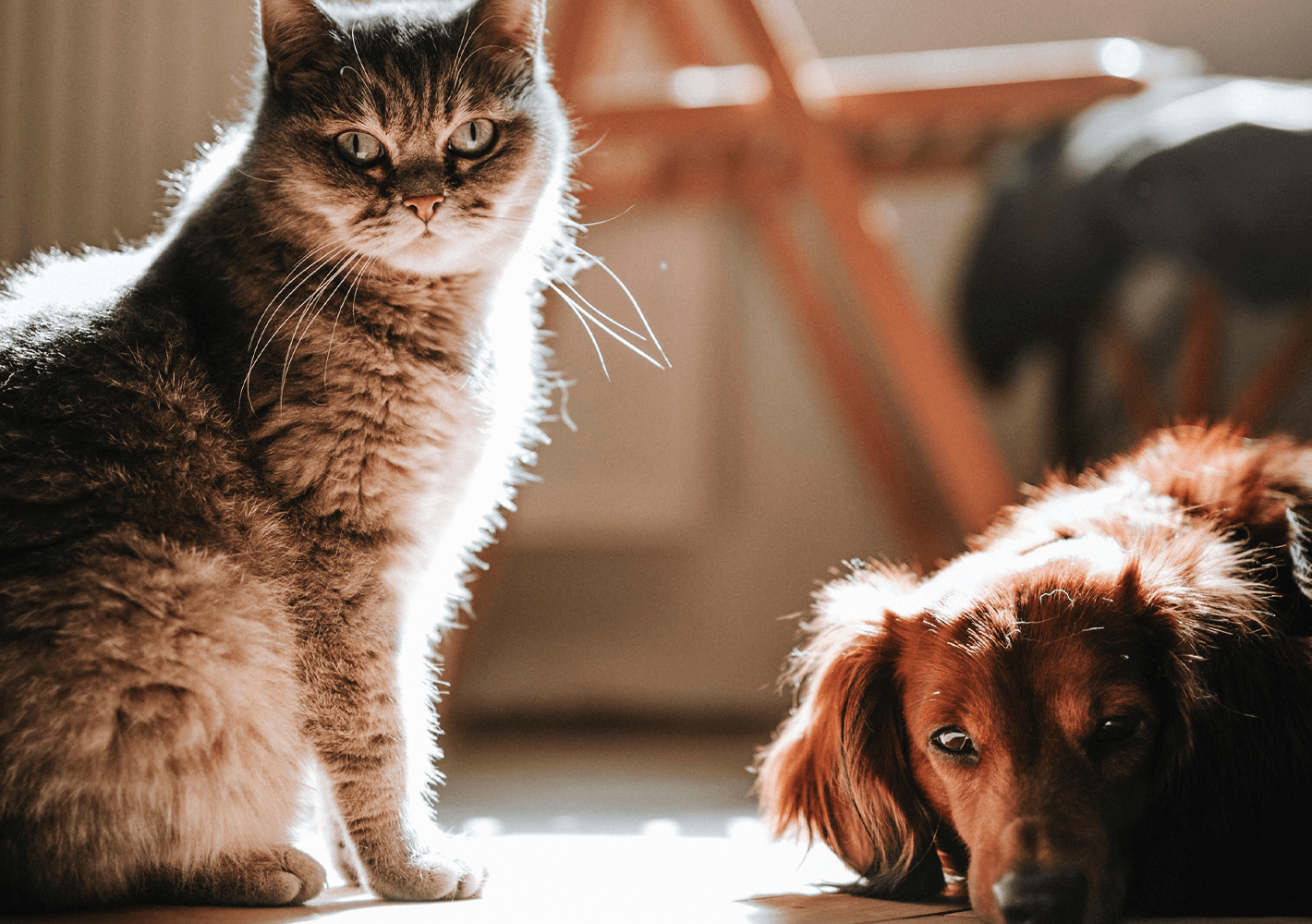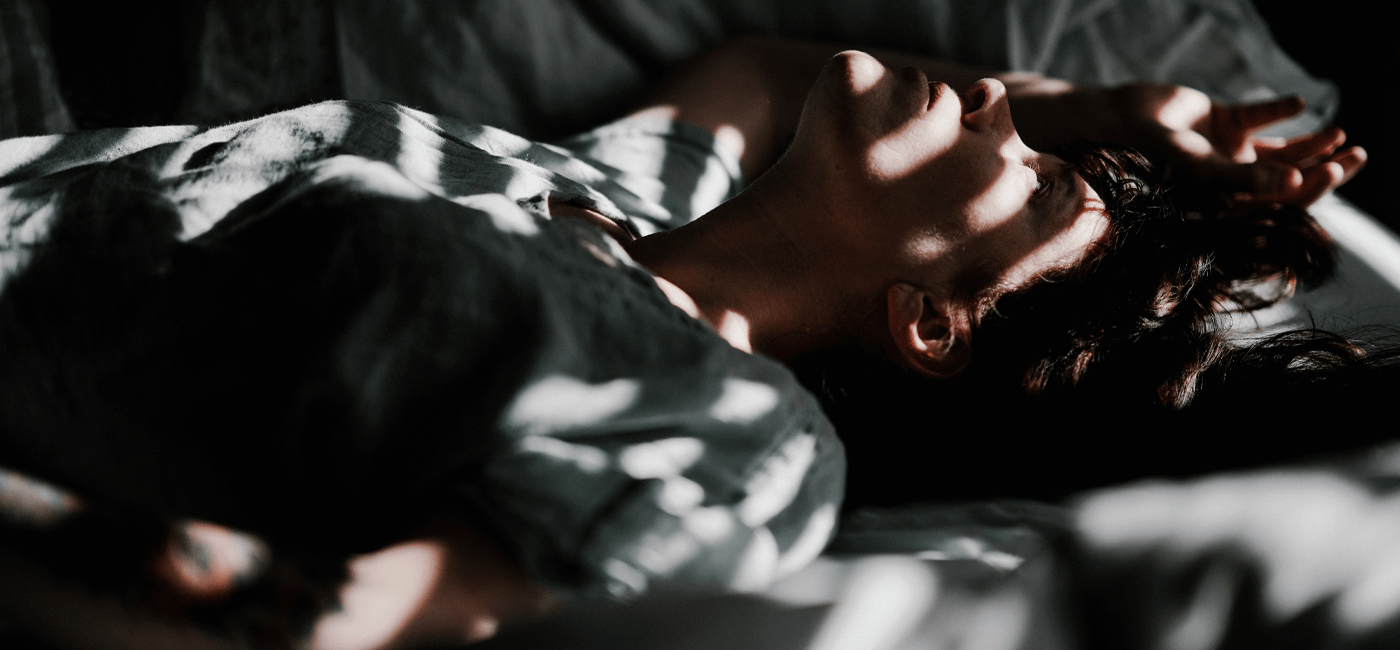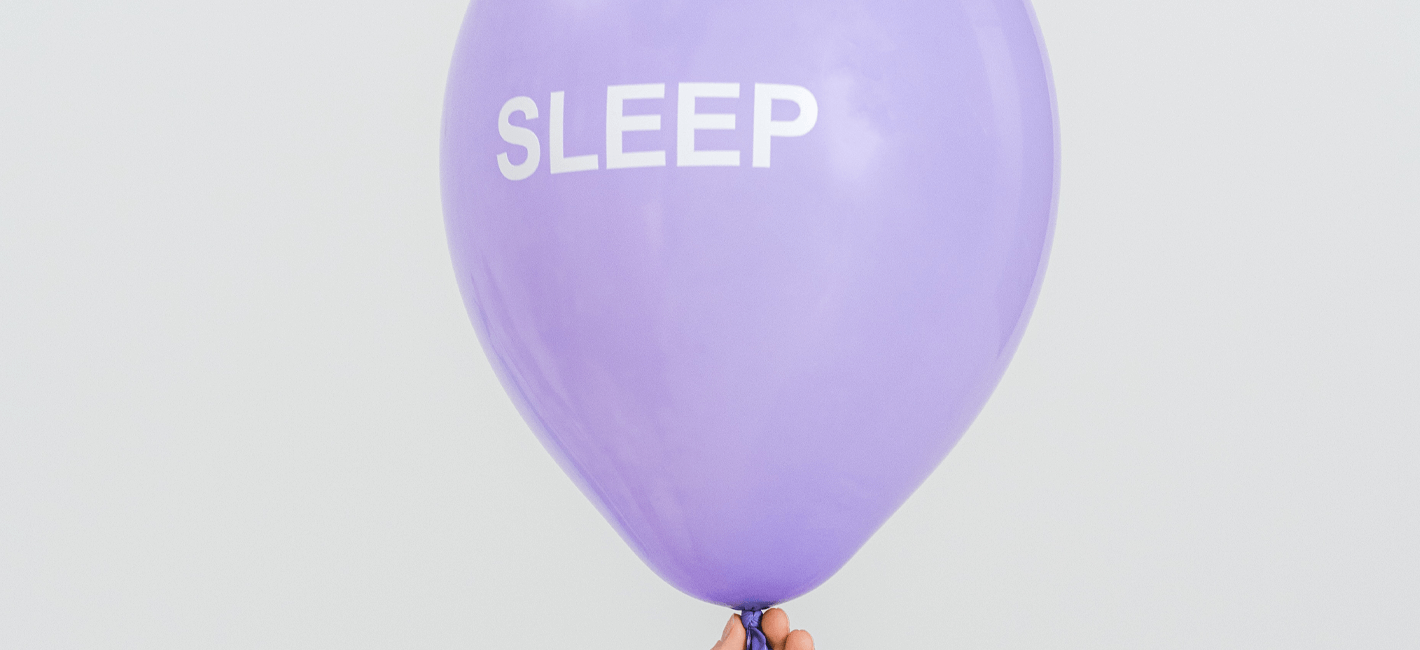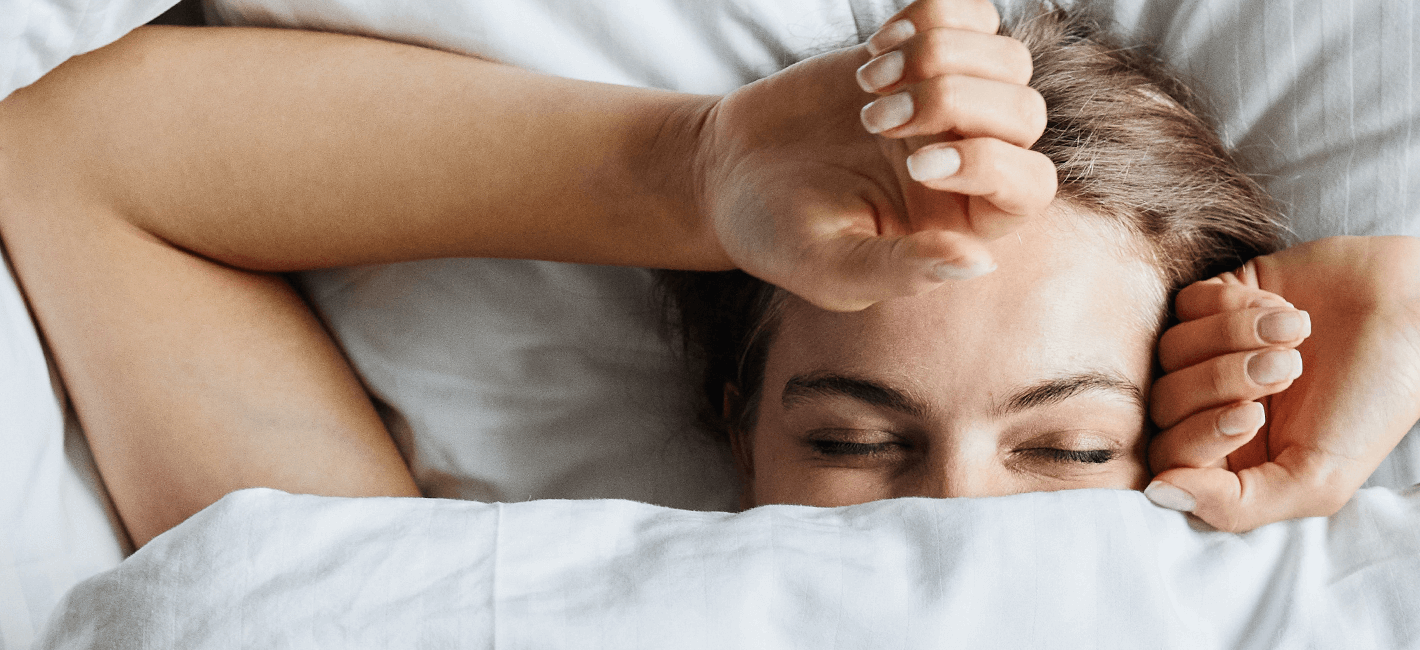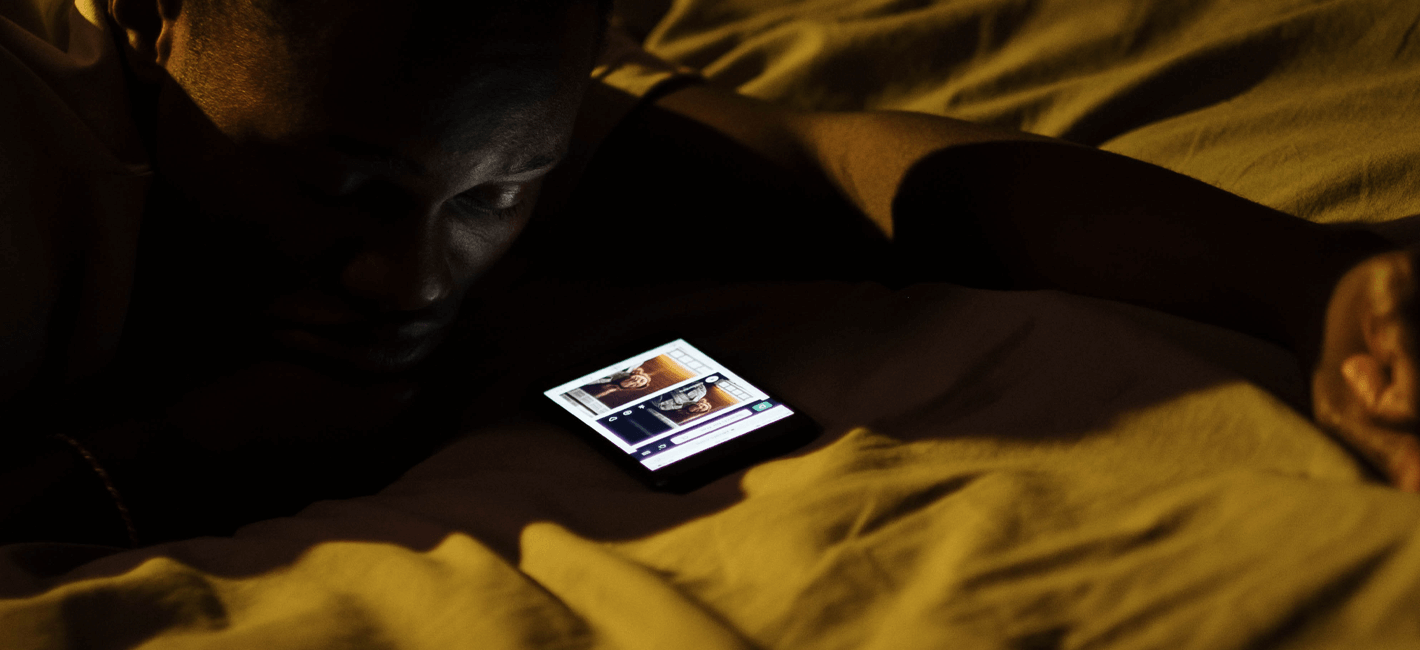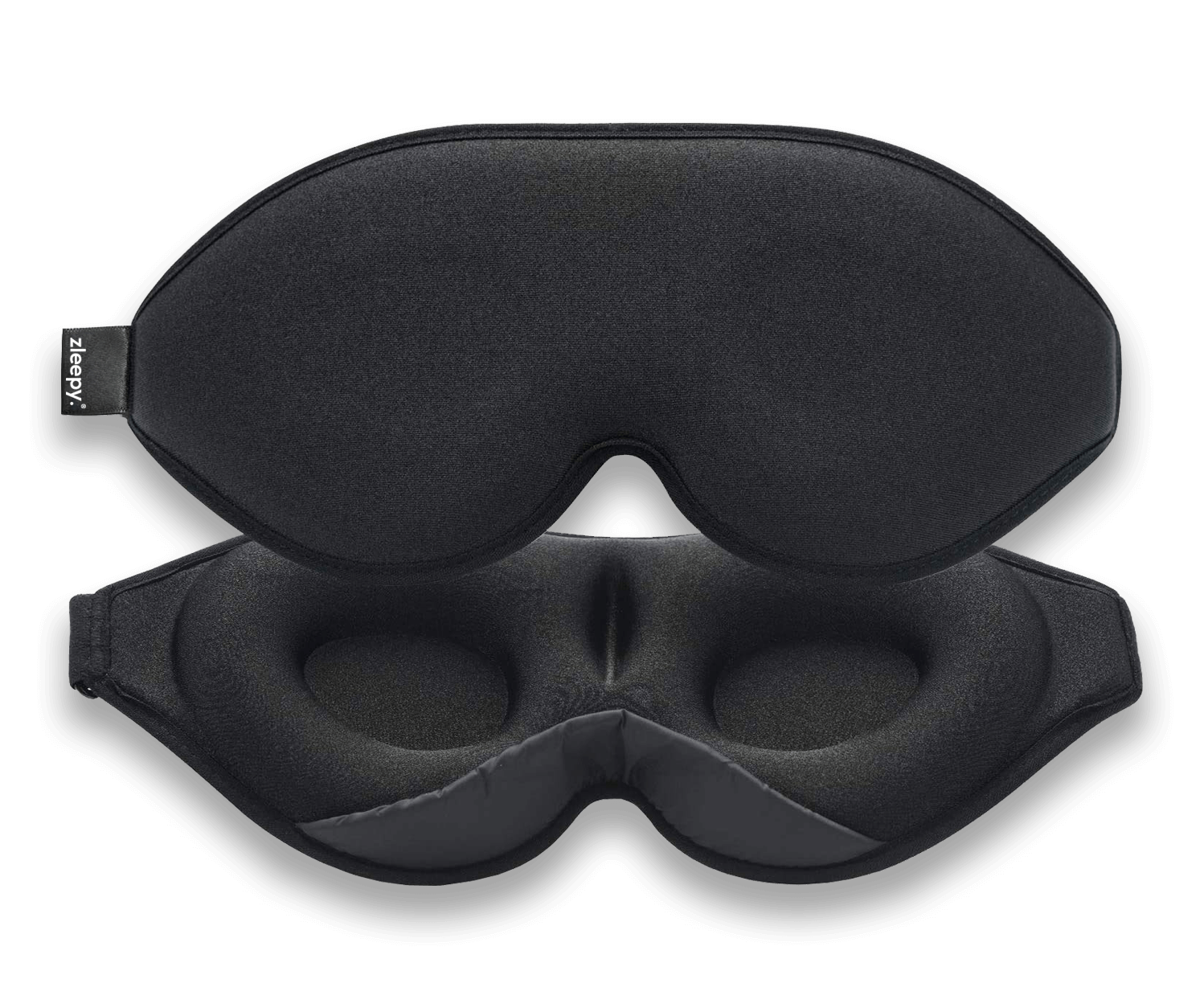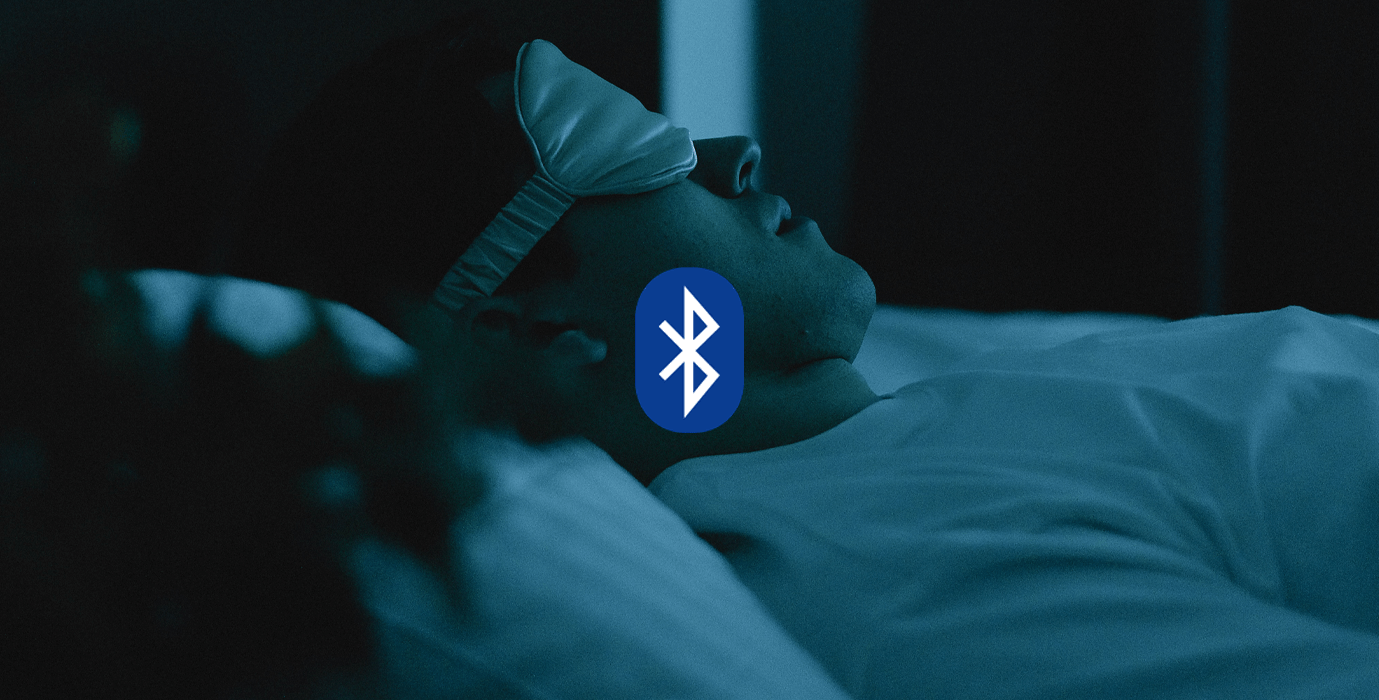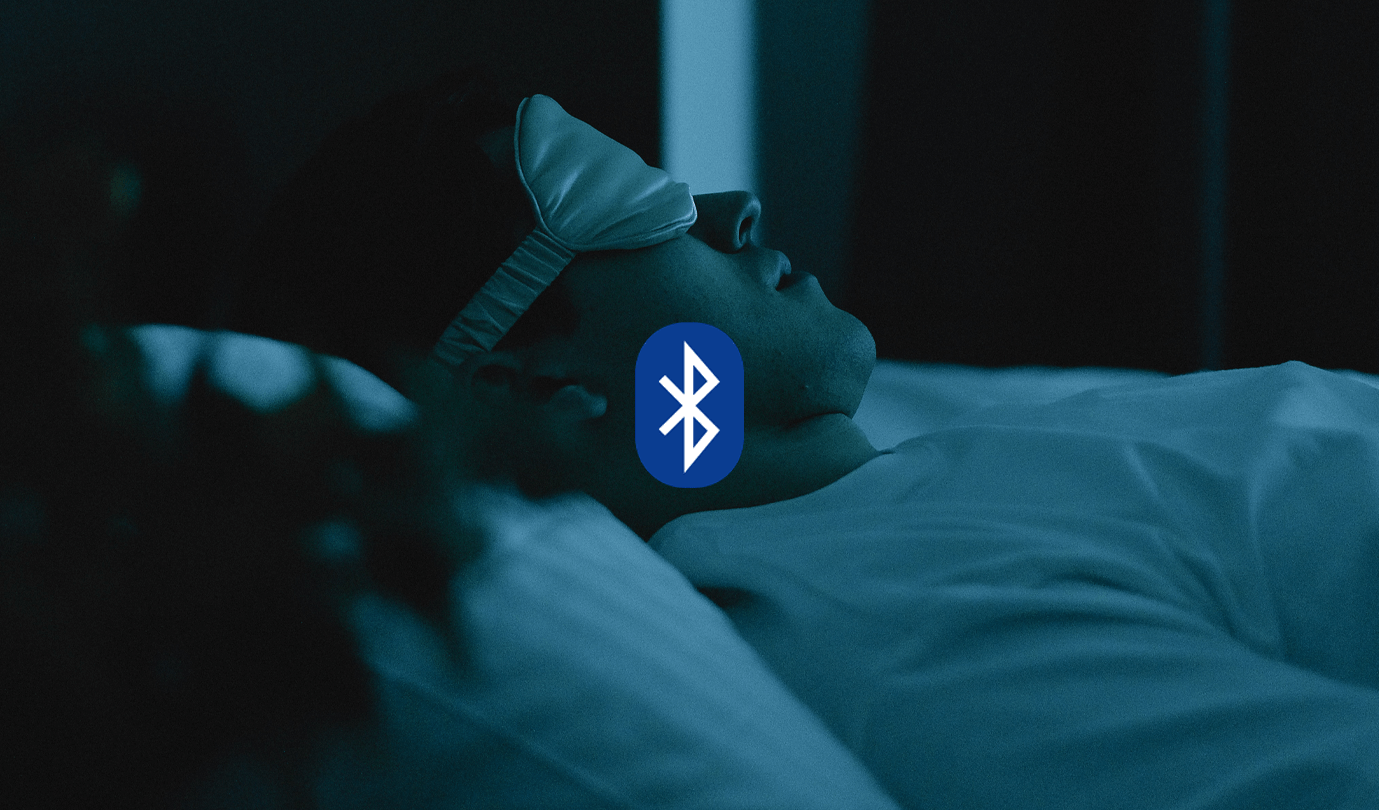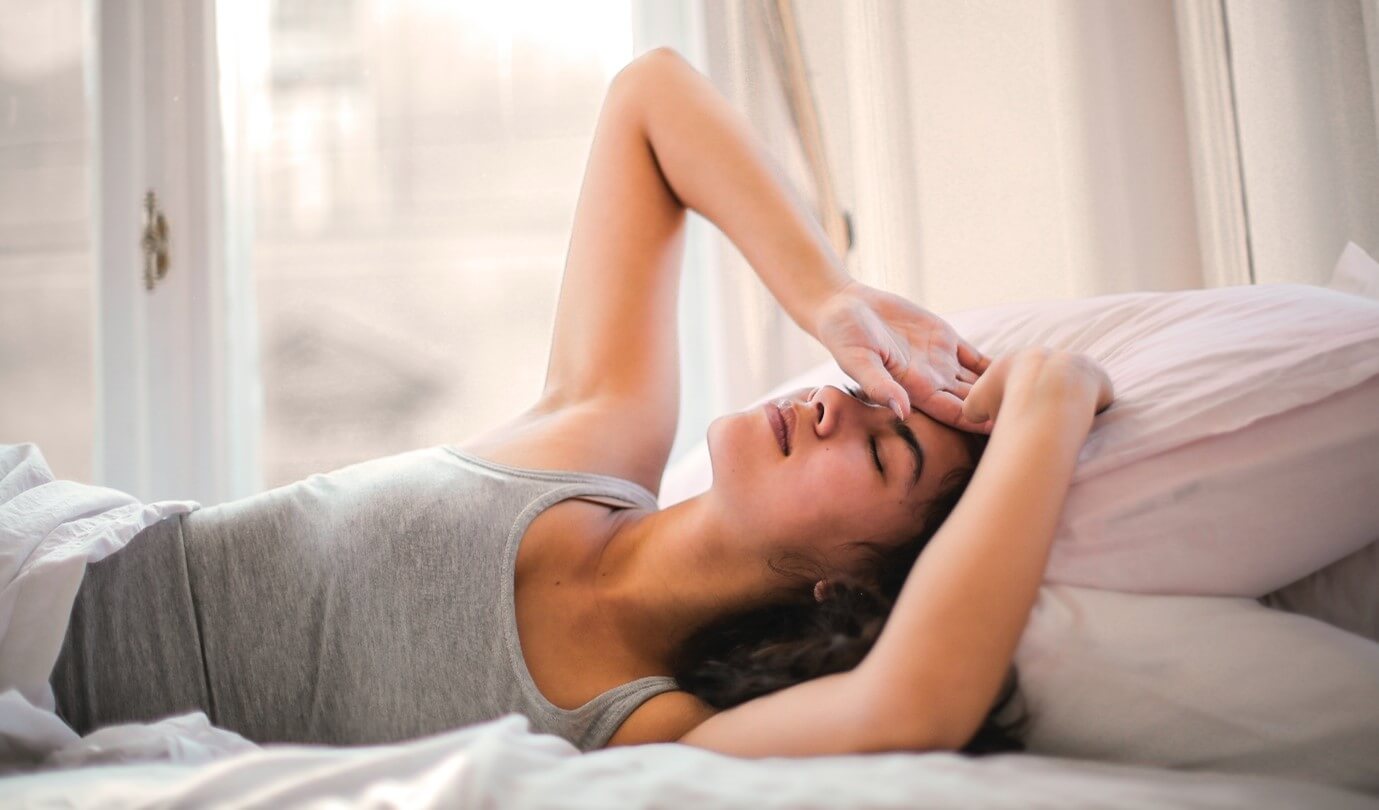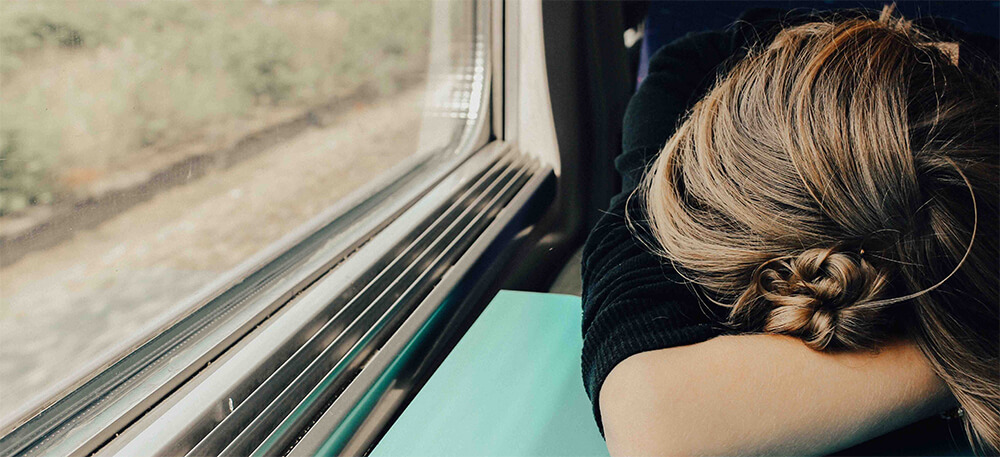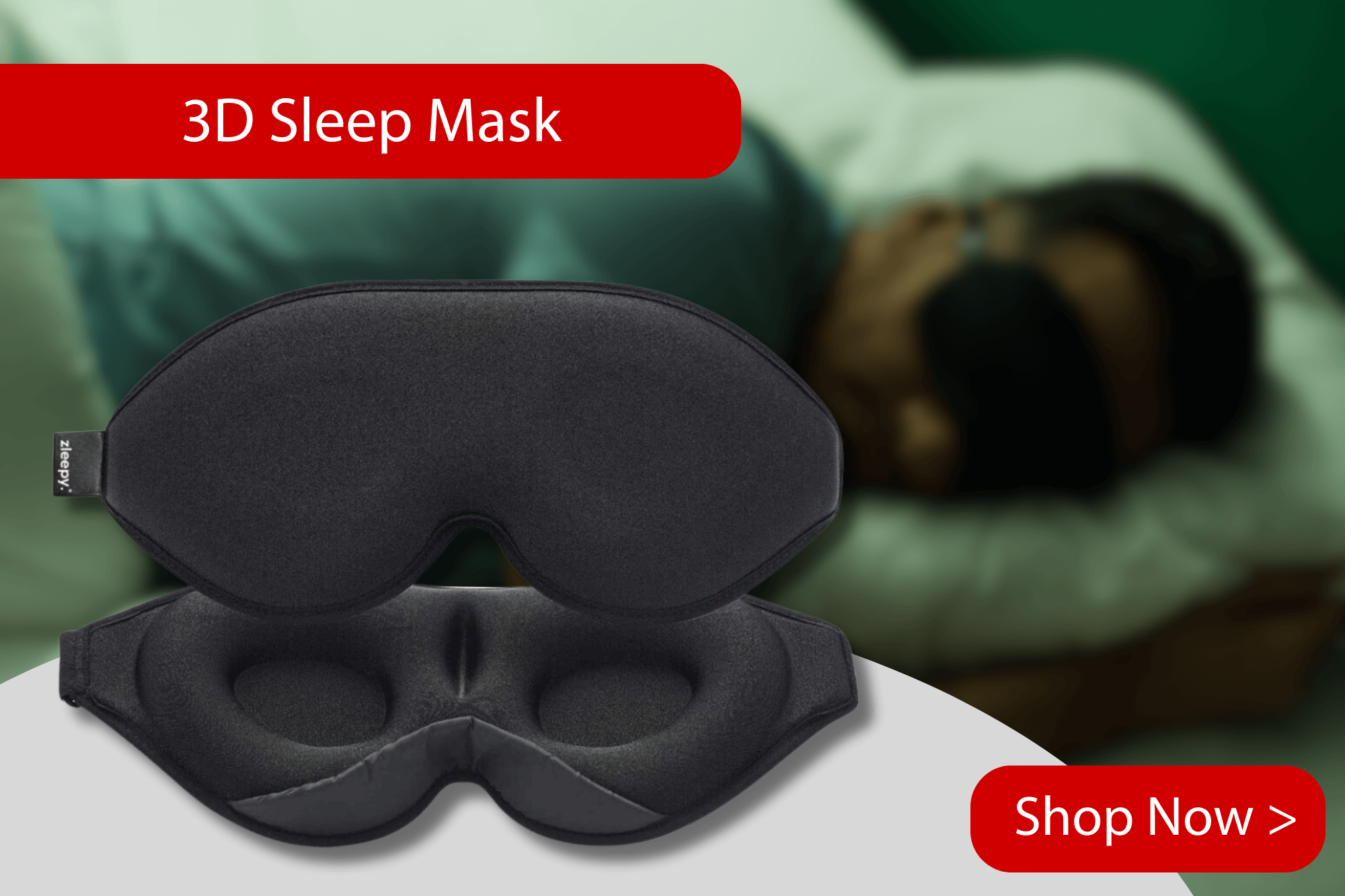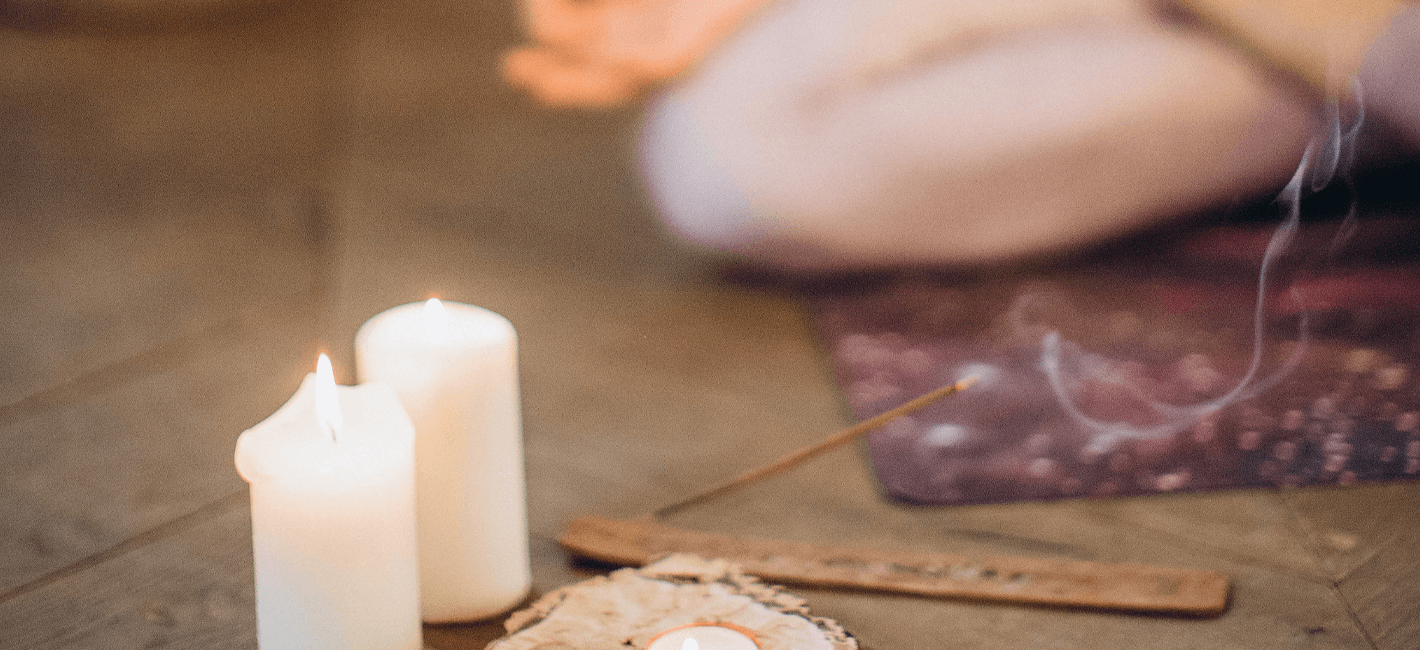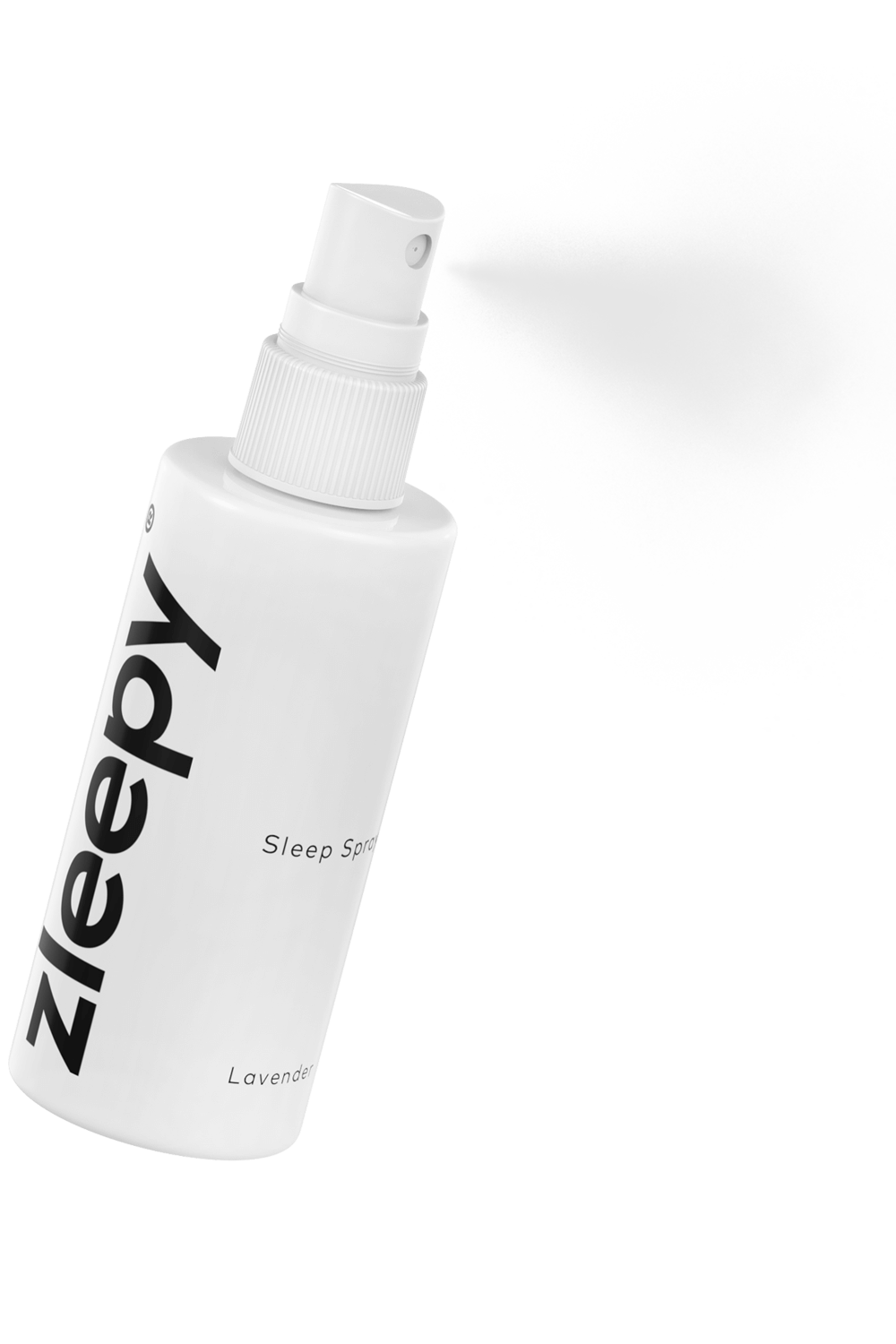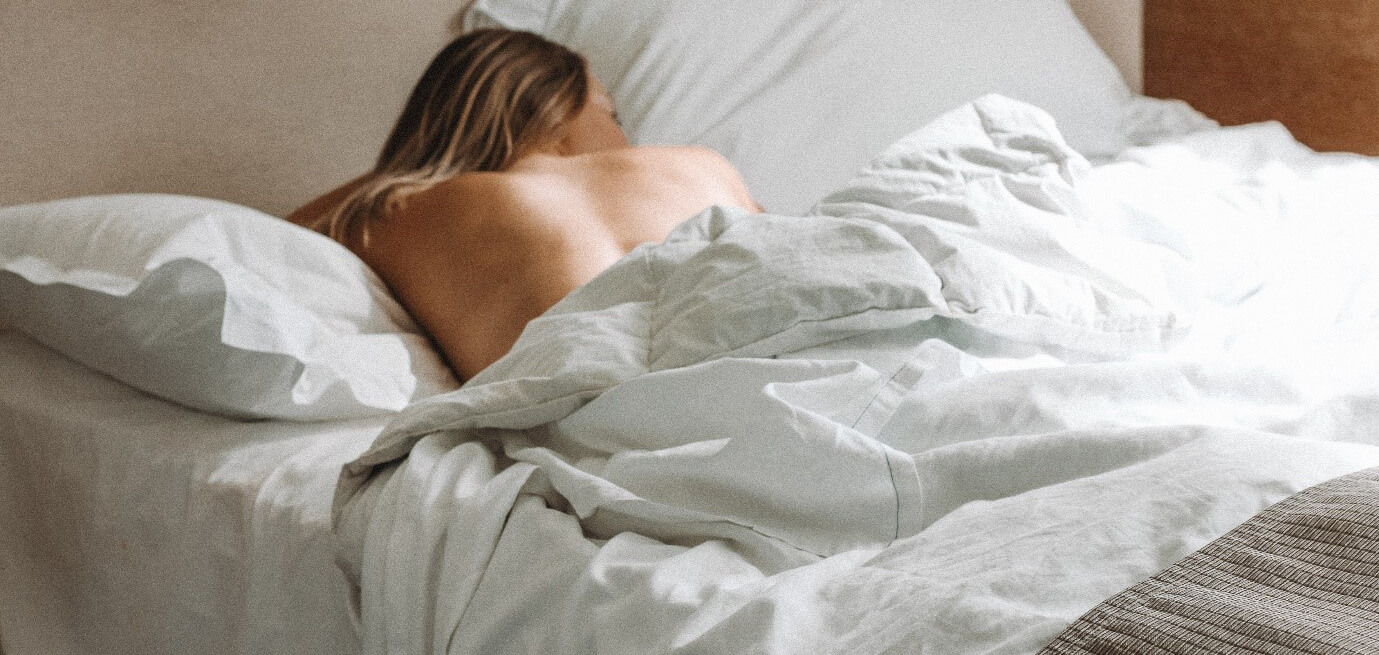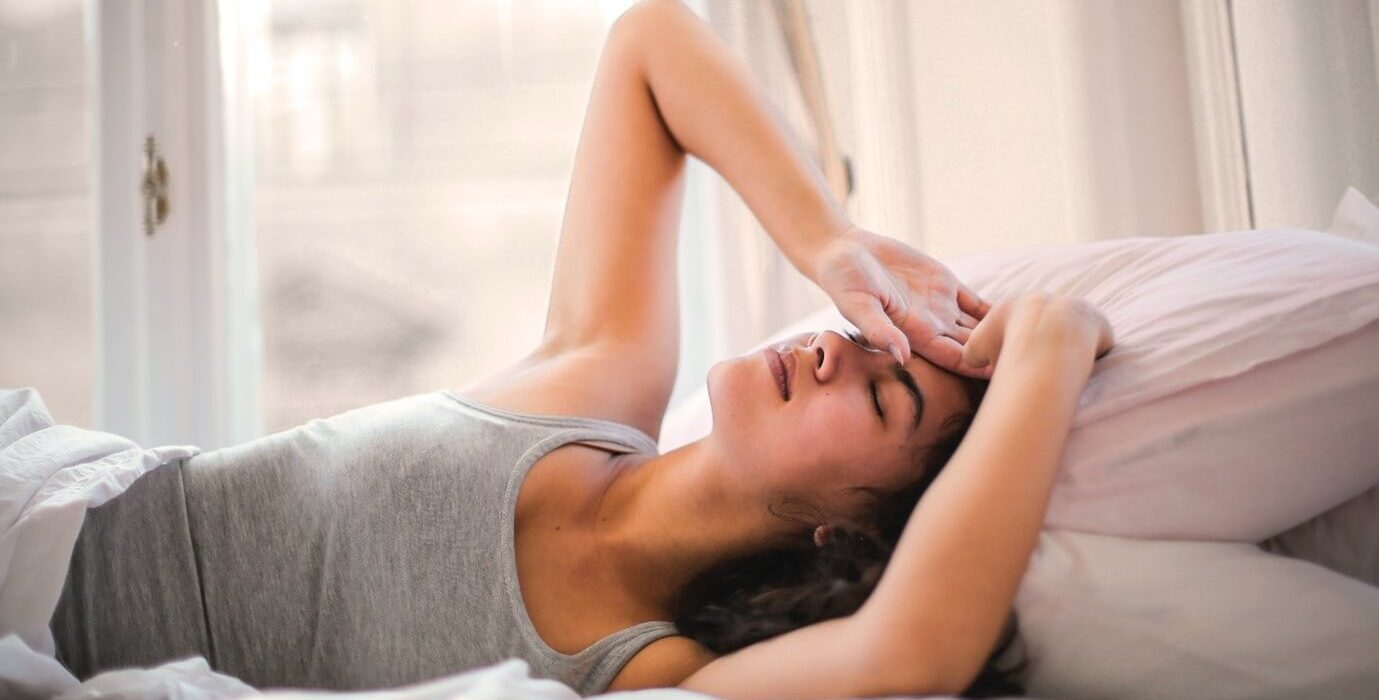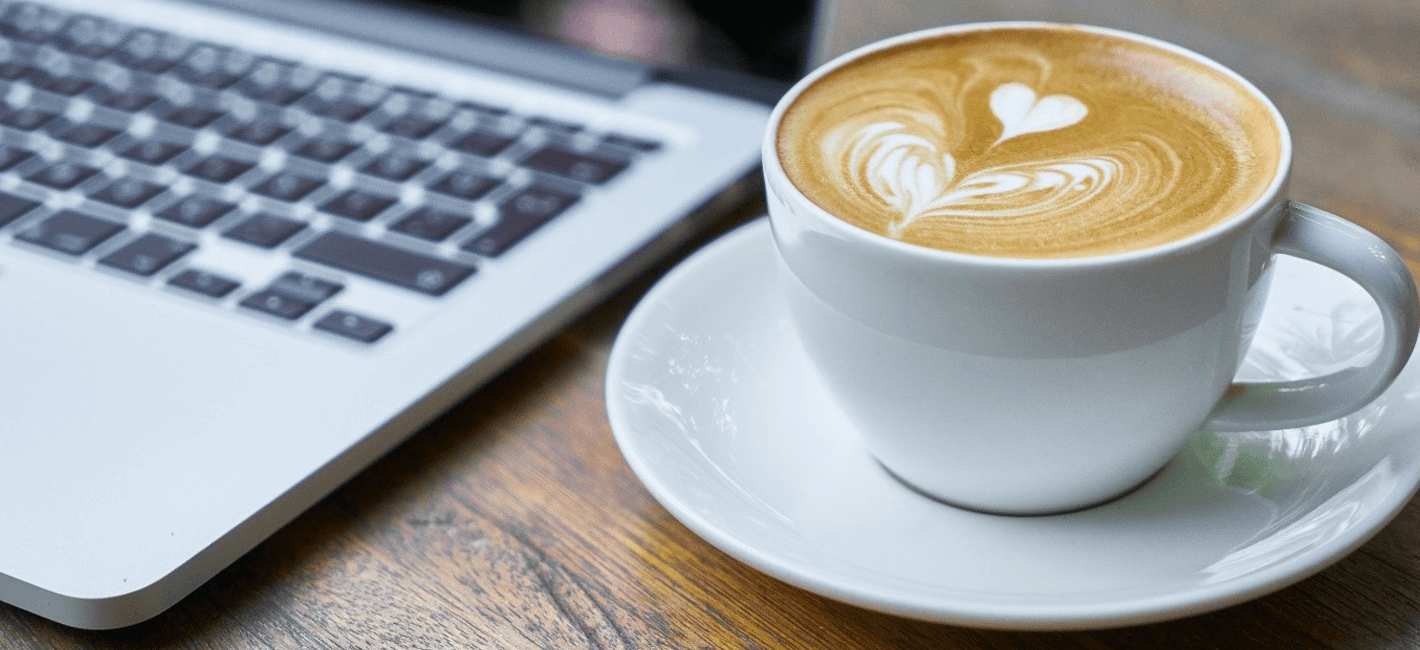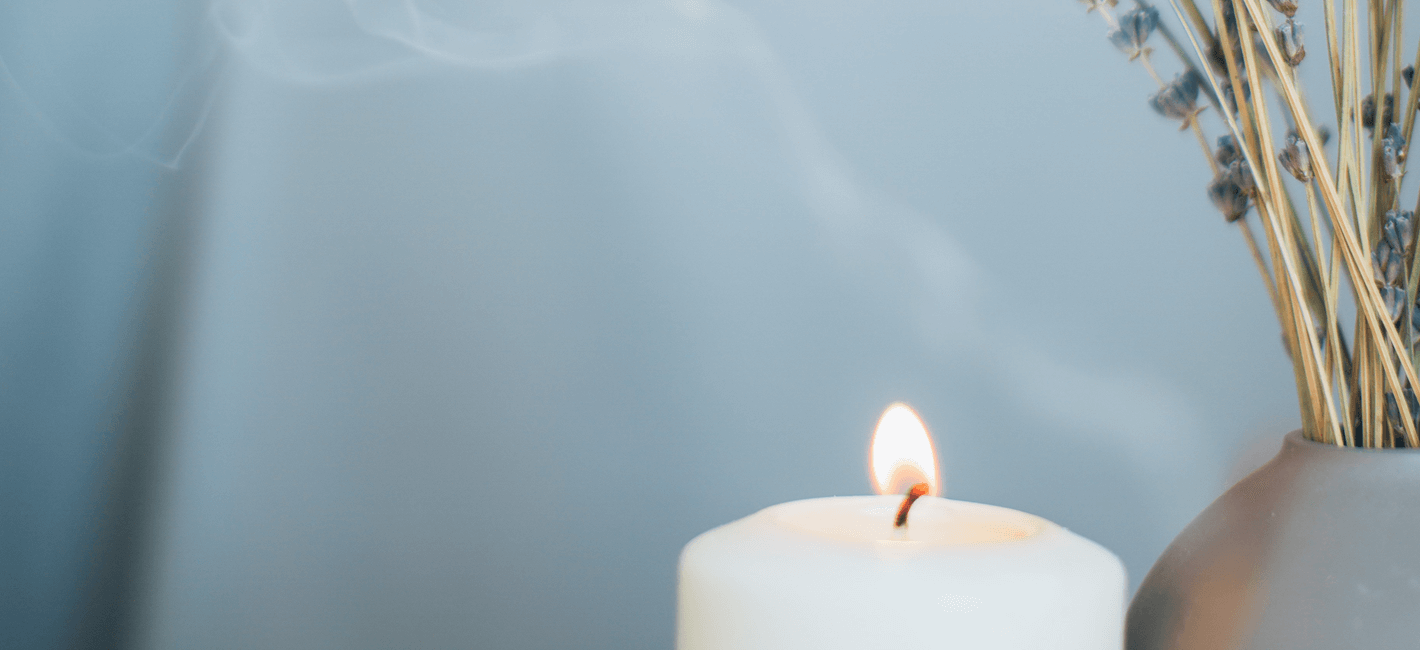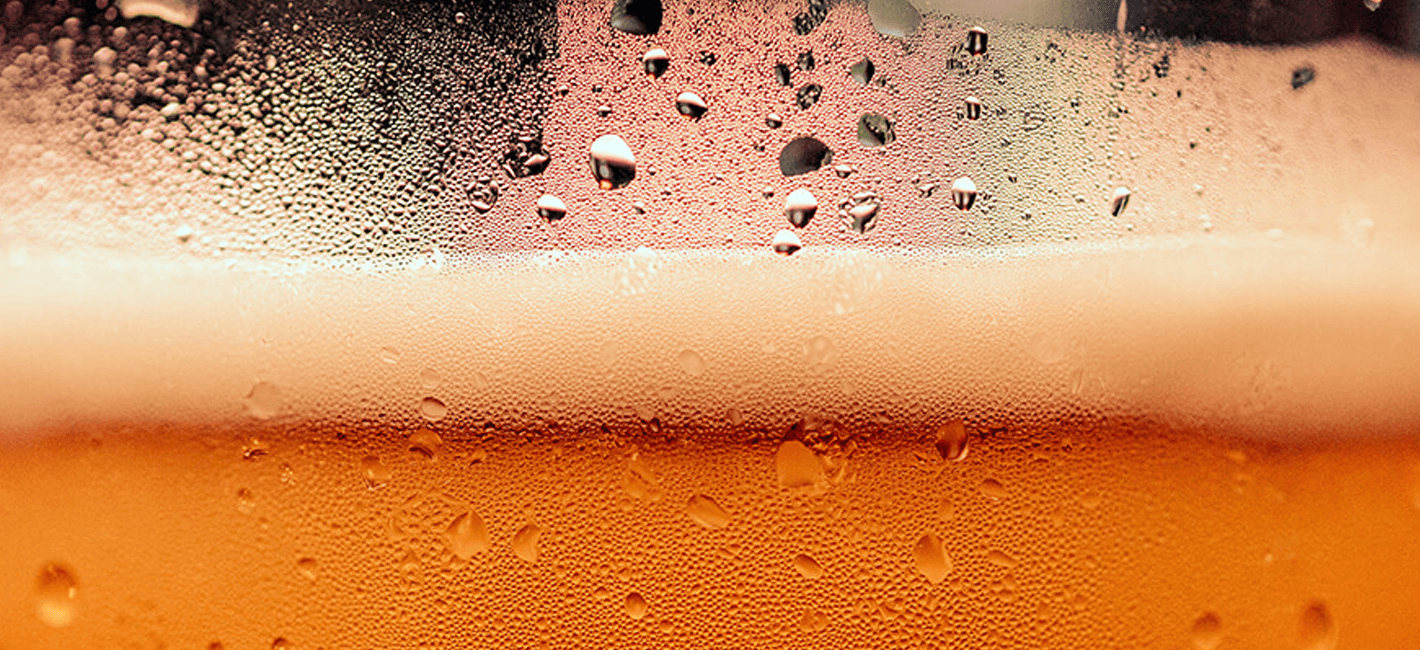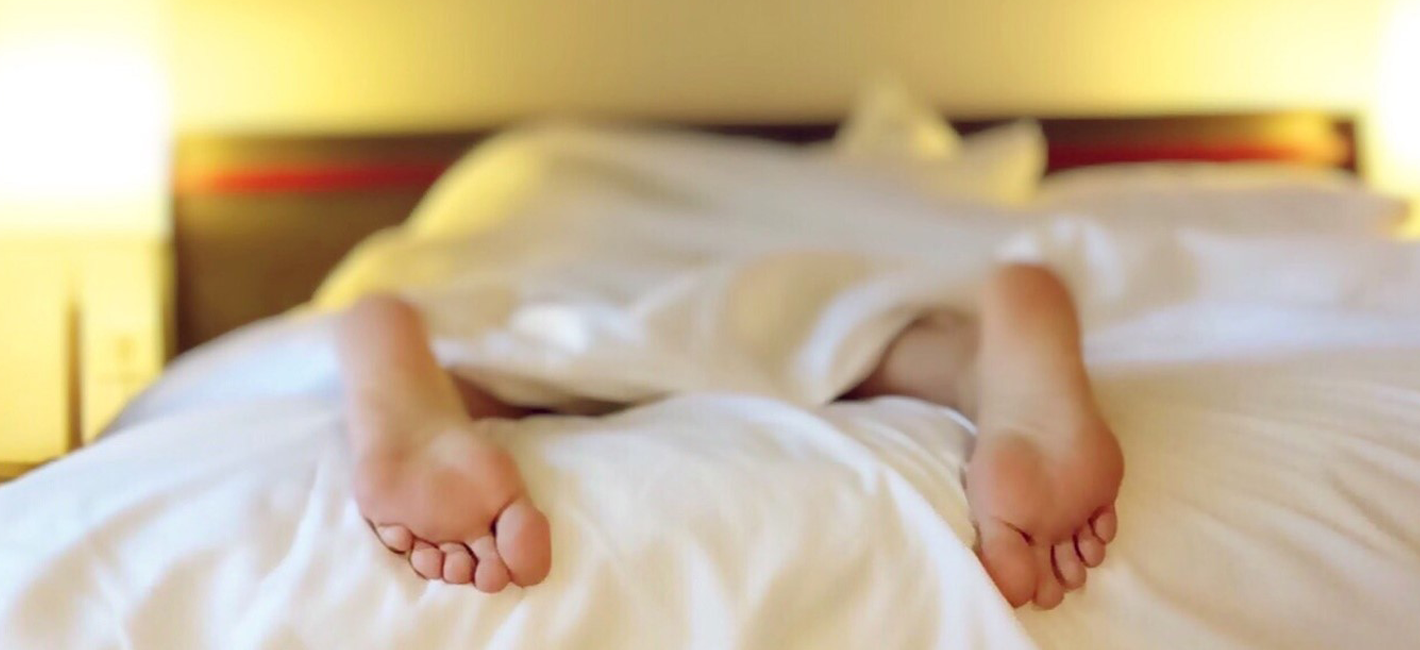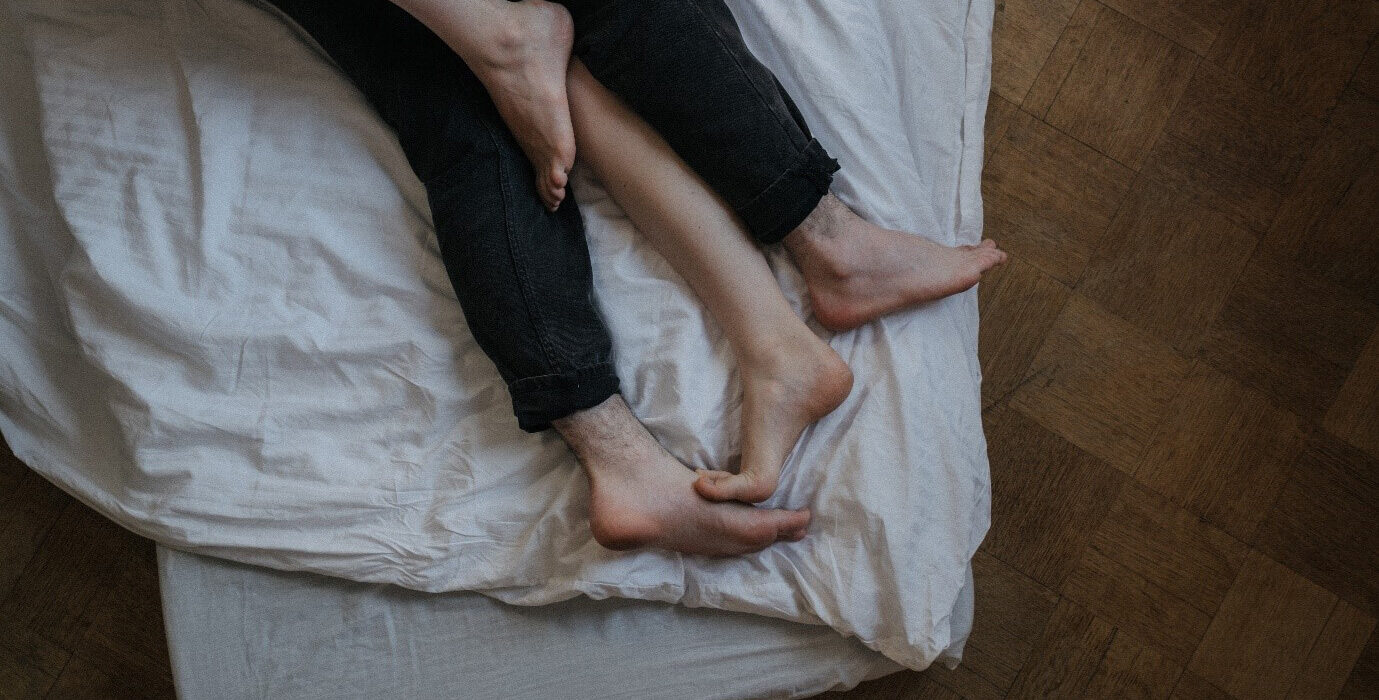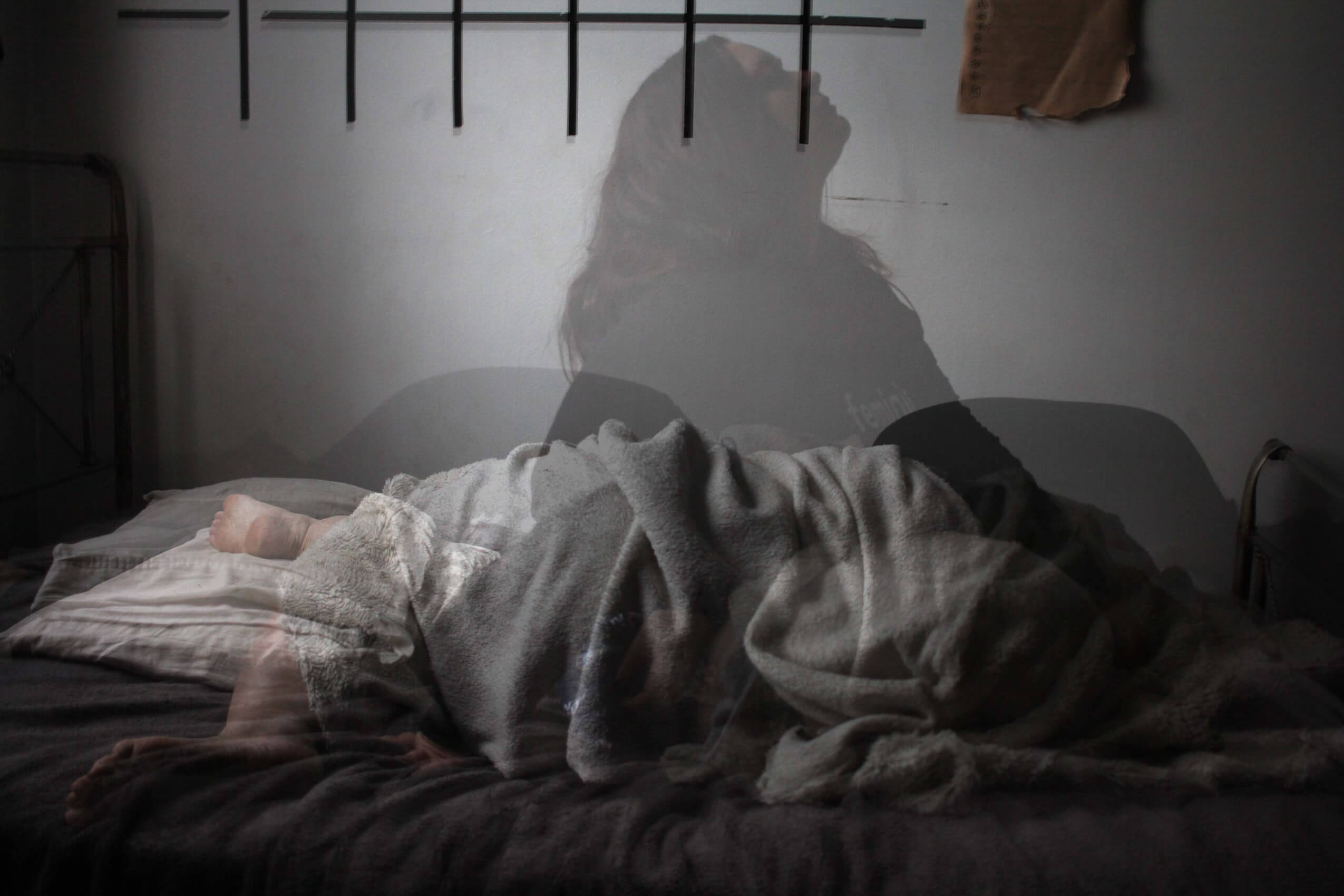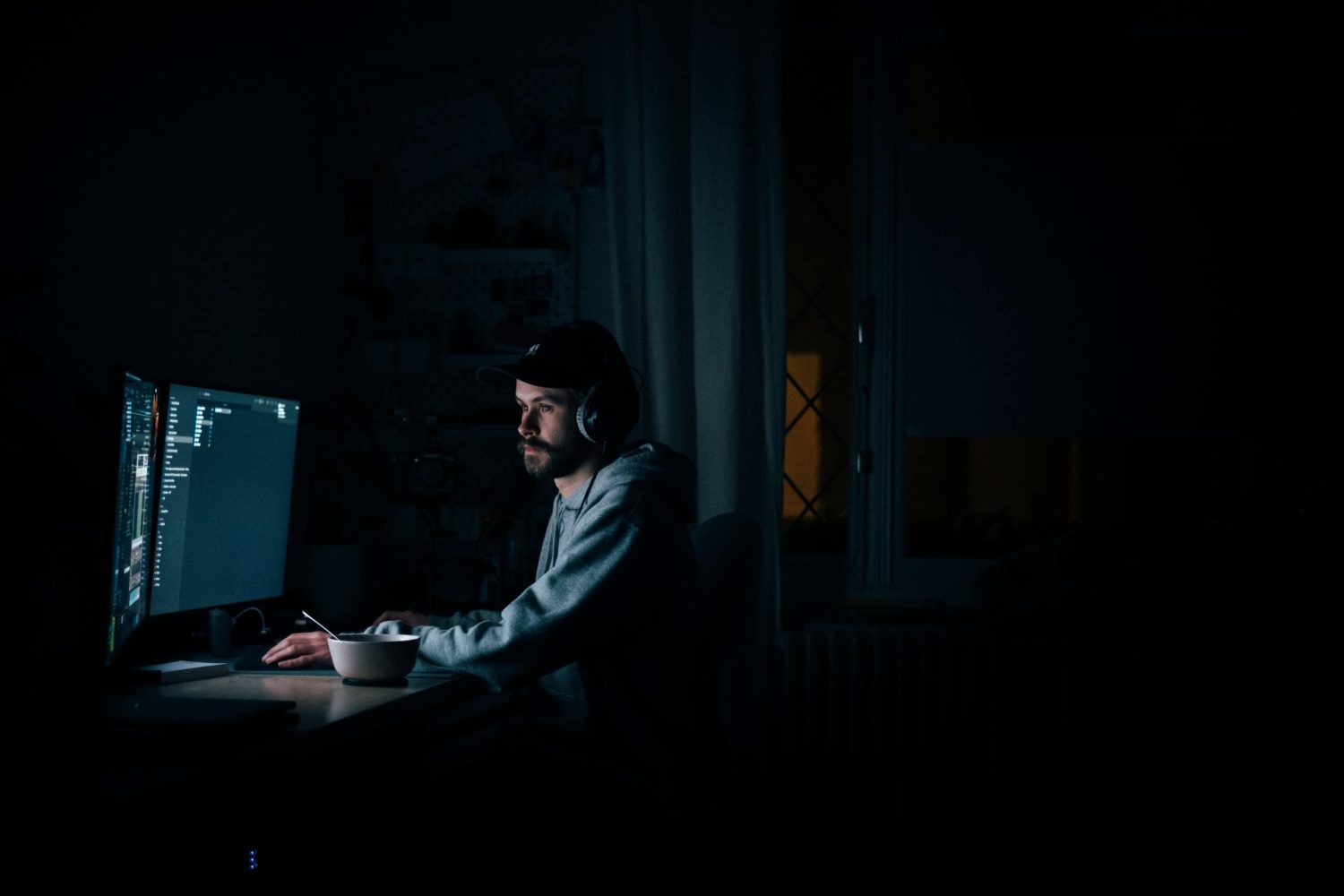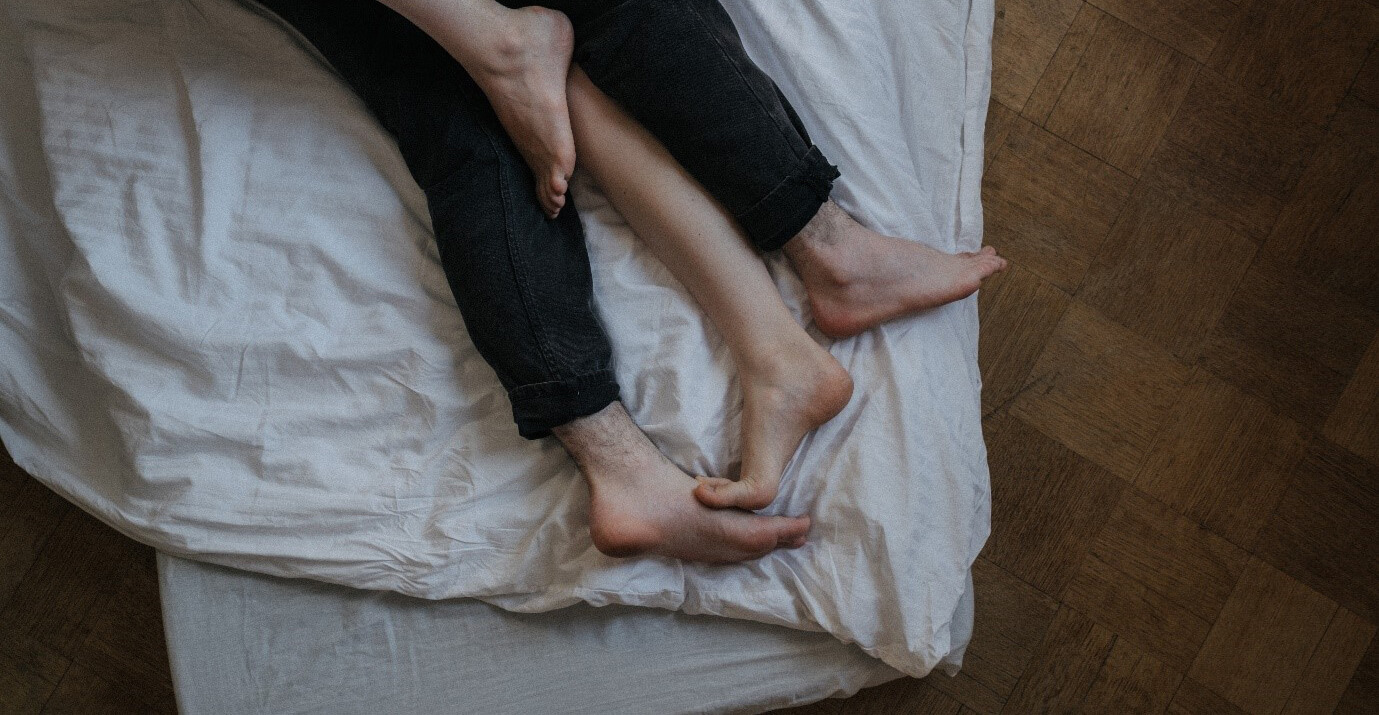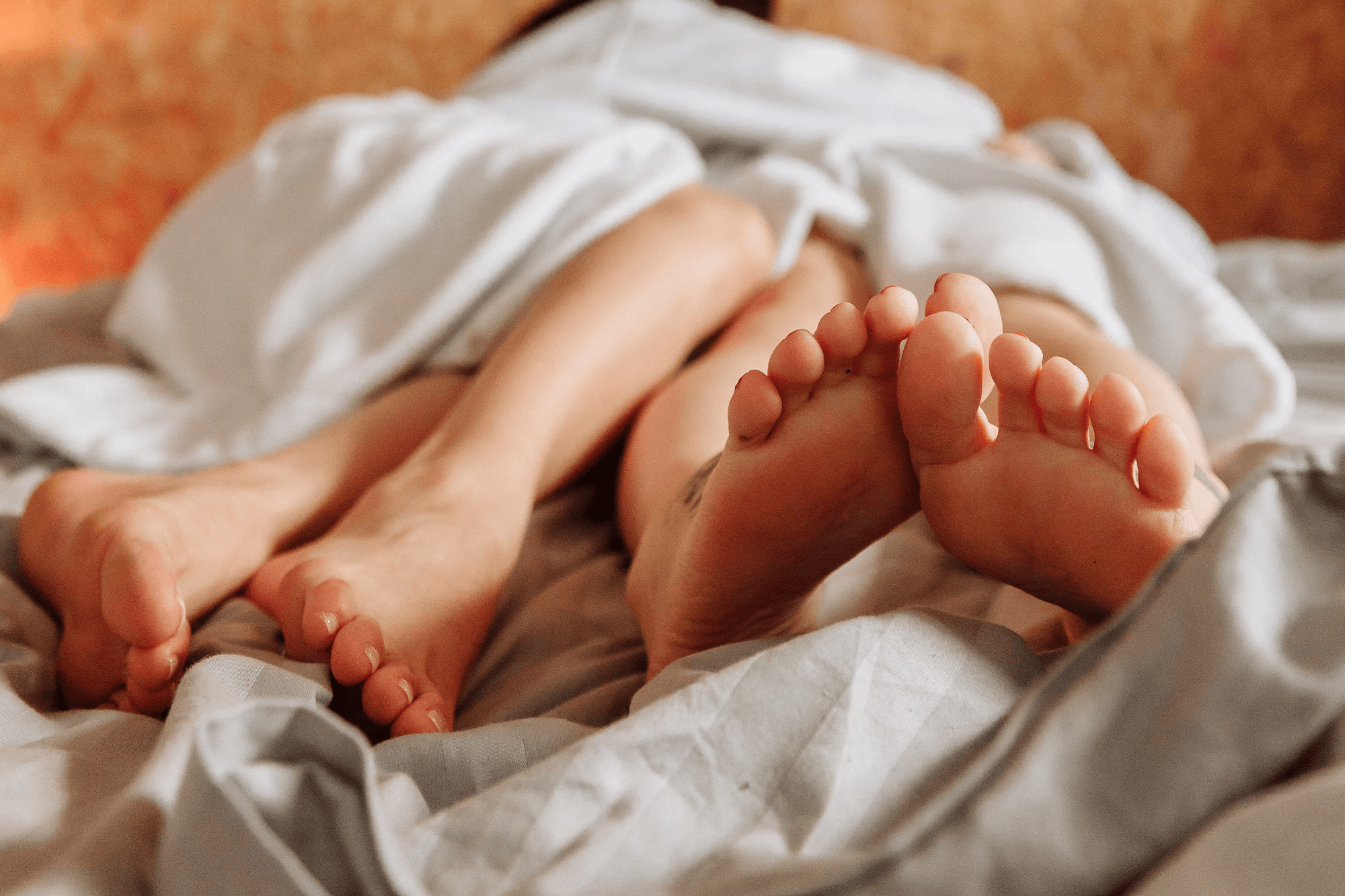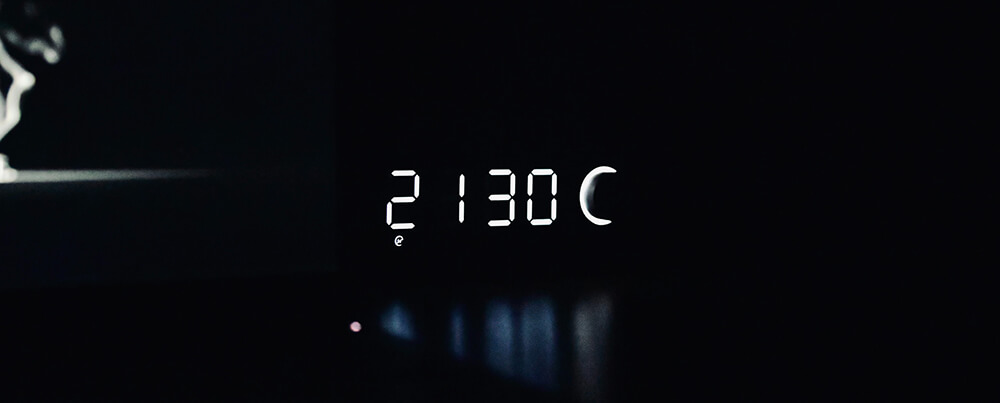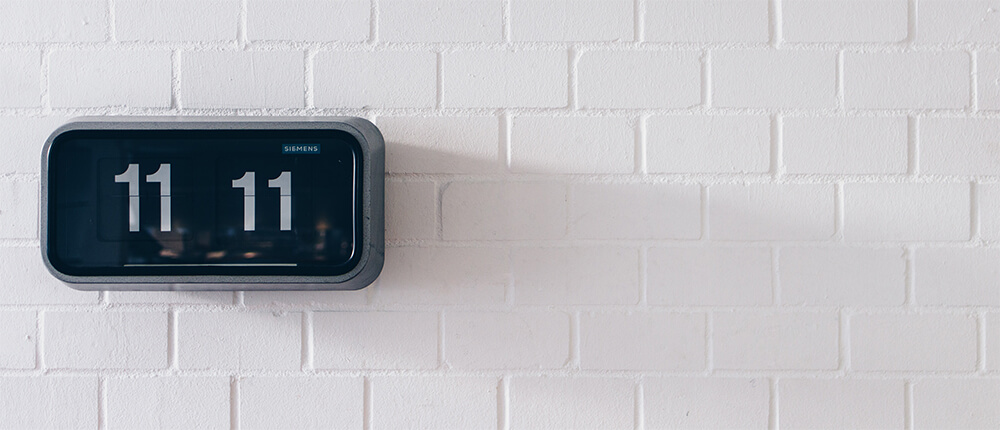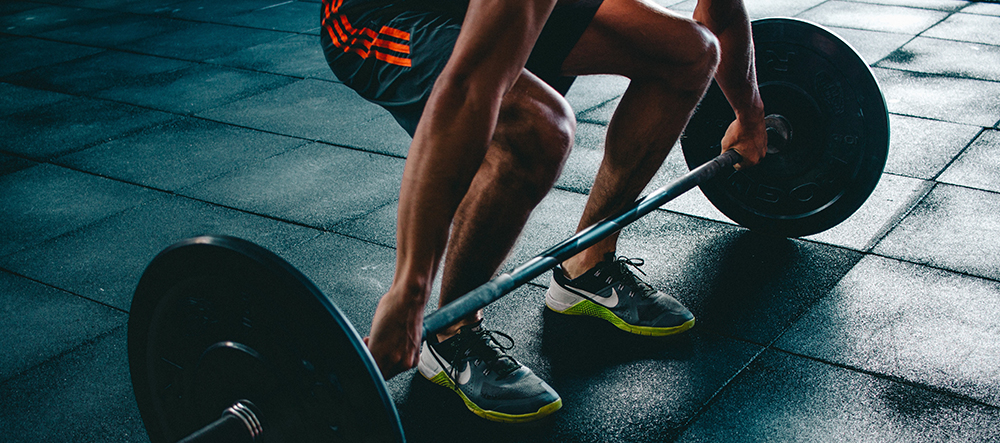What is World Sleep Day?
World Sleep Day is an annual occurrence where the World Sleep Society call for us to prioritise sleep health and raise awareness of the health benefits of sleep.
This day is a celebration of all things sleep including raising awareness about the dangers of sleep deprivation, promoting new medical research around sleep, educating people about the importance of sleep and how to prevent sleep disorders.
Each year there is a theme to World Sleep Day and this year the theme is SLEEP IS ESSENTIAL FOR HEALTH.
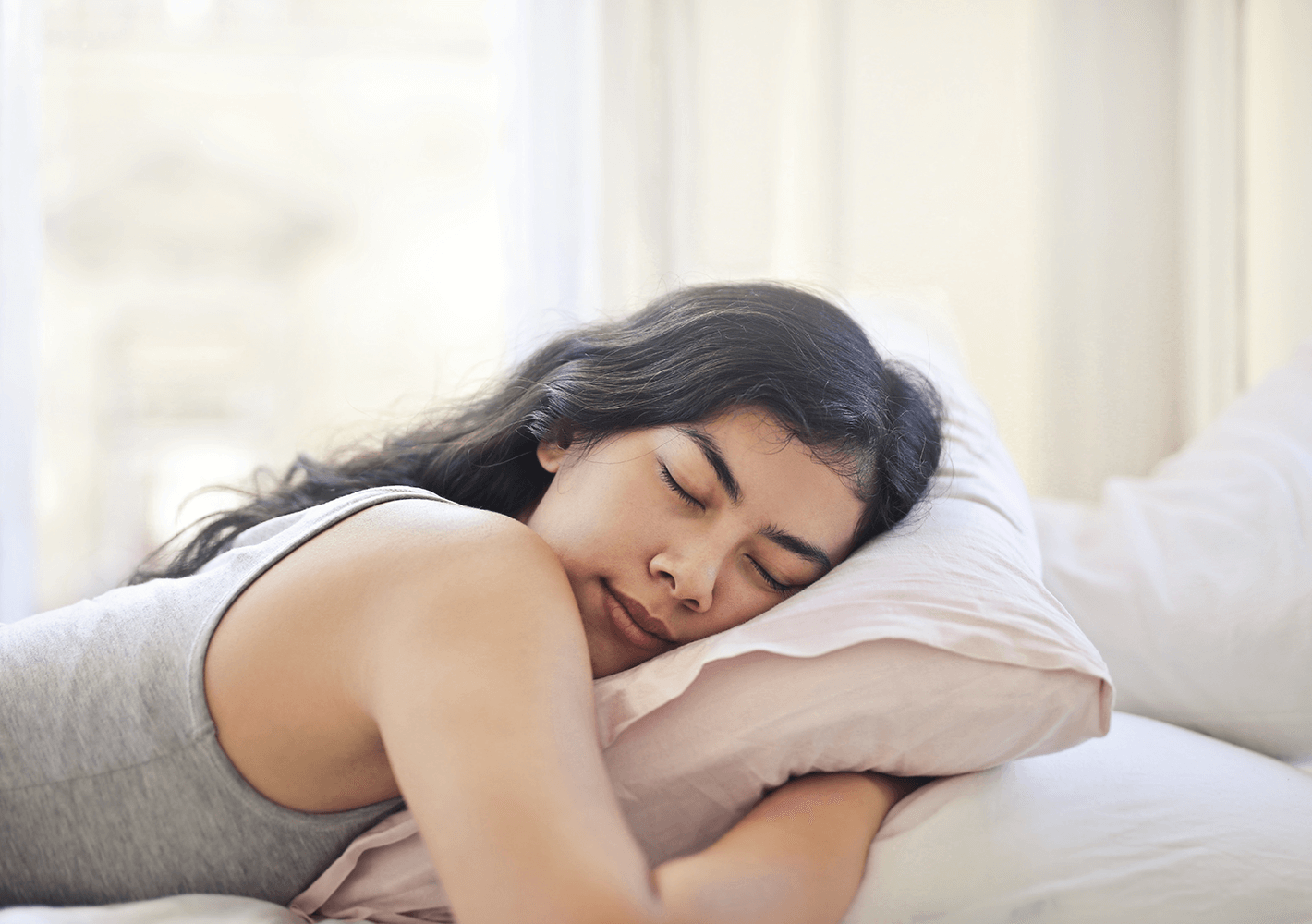
Who started World Sleep Day?
The first World Sleep Day was thought up by medical professionals and healthcare providers working and researching the topic of sleep.
The aim was to bring professionals who worked within this field together to share information, discuss new research and share knowledge about sleep with a view to improving sleep healthcare awareness and reducing preventable sleep disorders.
World Sleep Day is promoted by the World Sleep Society which was founded by members of the World Association of Sleep Medicine and World Sleep Federation.
What can I do for World Sleep Day?
The best thing you can do for World Sleep Day is to raise awareness about this important initiative and inspire the people around you to do more to promote good sleep health.
You can do this by sharing the hashtag #WorldSleepDay with your social networks, organising a sleep awareness activity in your local area or making a personal commitment to do more to improve your own sleep health and that of your immediate loved ones.
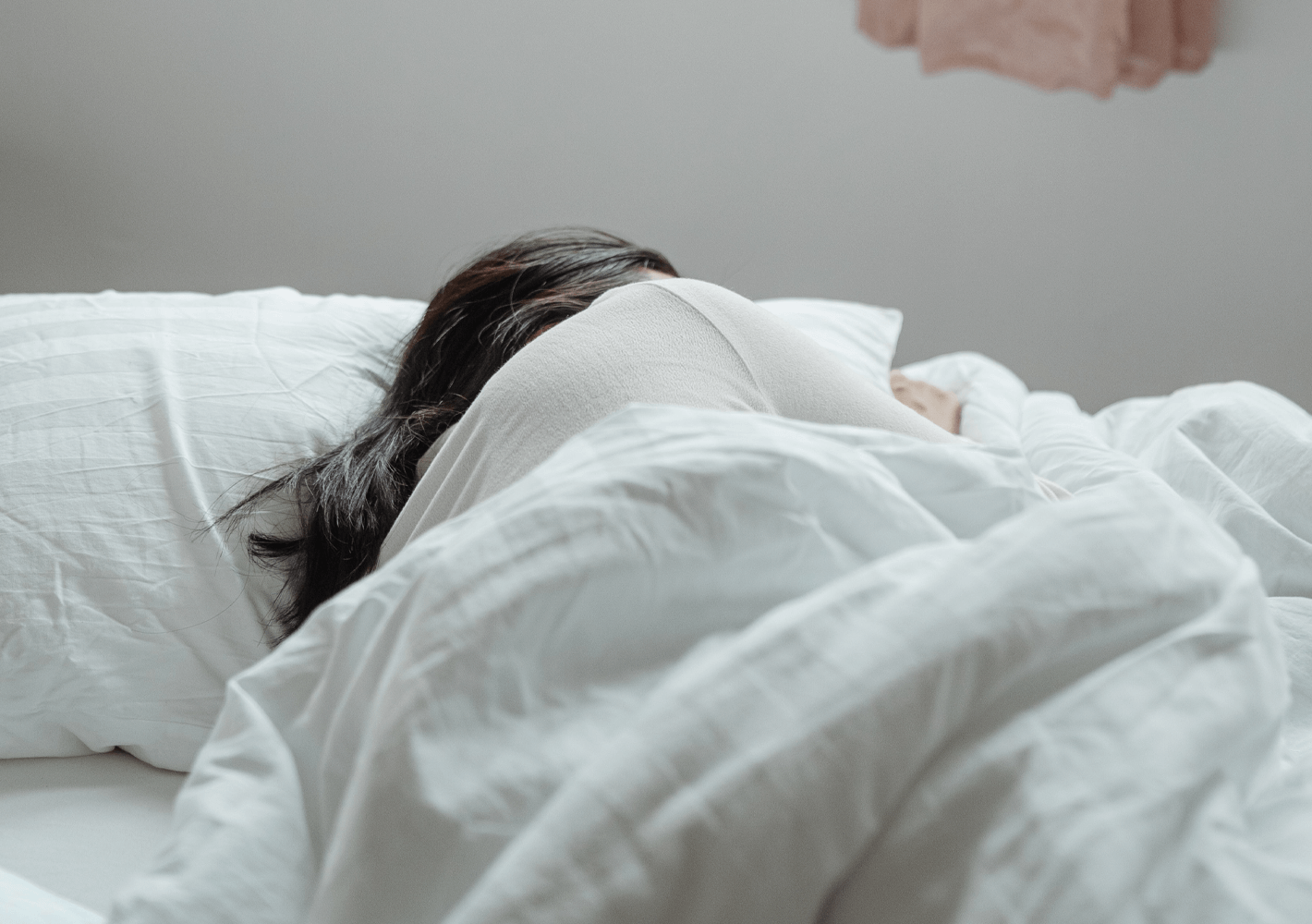
What can I do for World Sleep Day?
The team at ZLEEPY® are passionate about all things sleep. We think we’re pretty in-the-know about sleep health, looking after our wellbeing and staying as zen as possible. However, in honour of World Sleep Day this year, we have all committed to fixing our sleep schedules.
Sleep loves routine. Fixing our sleep schedules involves a commitment to trying to go to bed at the same time each night, waking at the same time each morning and aiming for that coveted 7-9 hours sleep each night. For some of us this should be fairly easy, but others might struggle…
You can find more information on how to fix your sleep schedule so that you can enjoy better sleep!
(In addition to this we’re offering an extra 10% off all ZLEEPY® products using the World Sleep Day code ZWSD23 for orders made on our sleep health produces made from now until midnight on 30th March to spread the good world about the message SLEEP IS ESSENTIAL FOR HEALTH.

